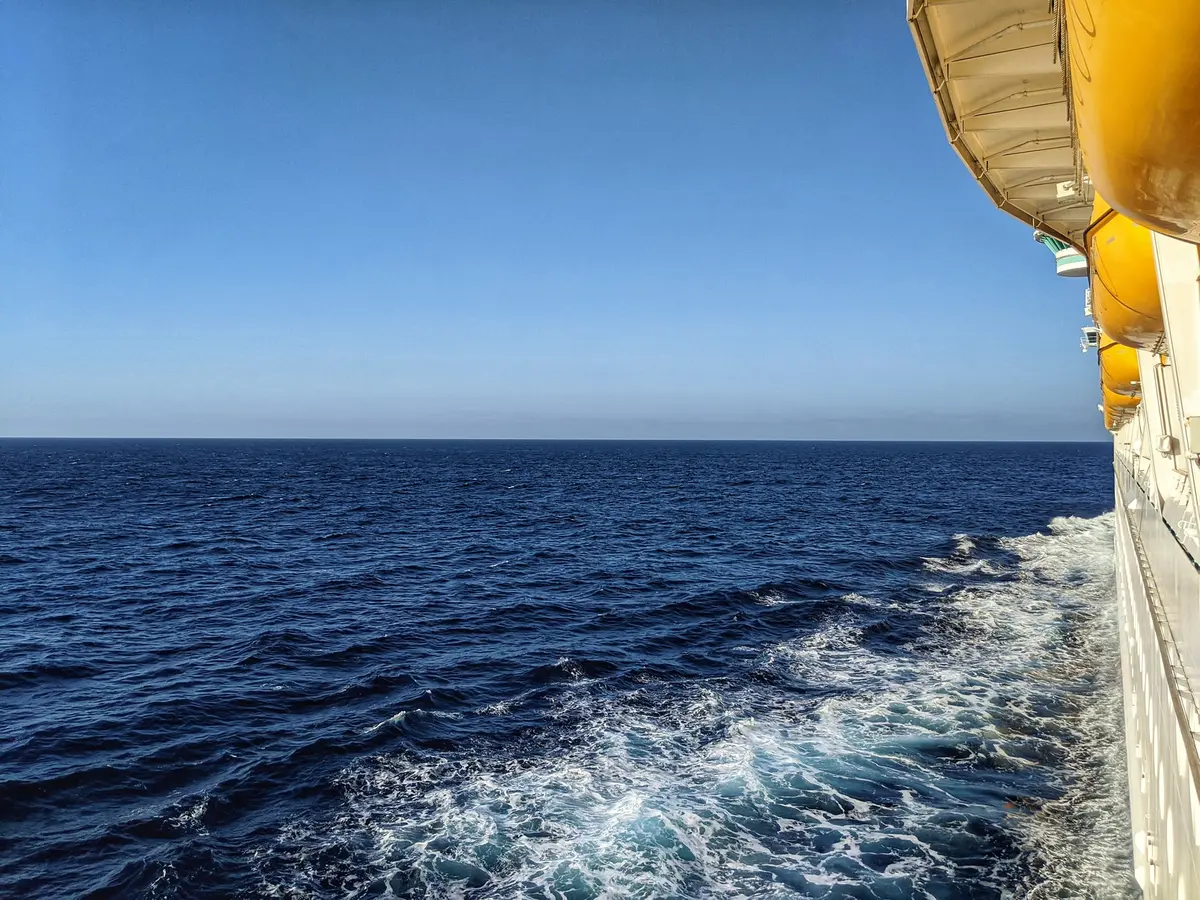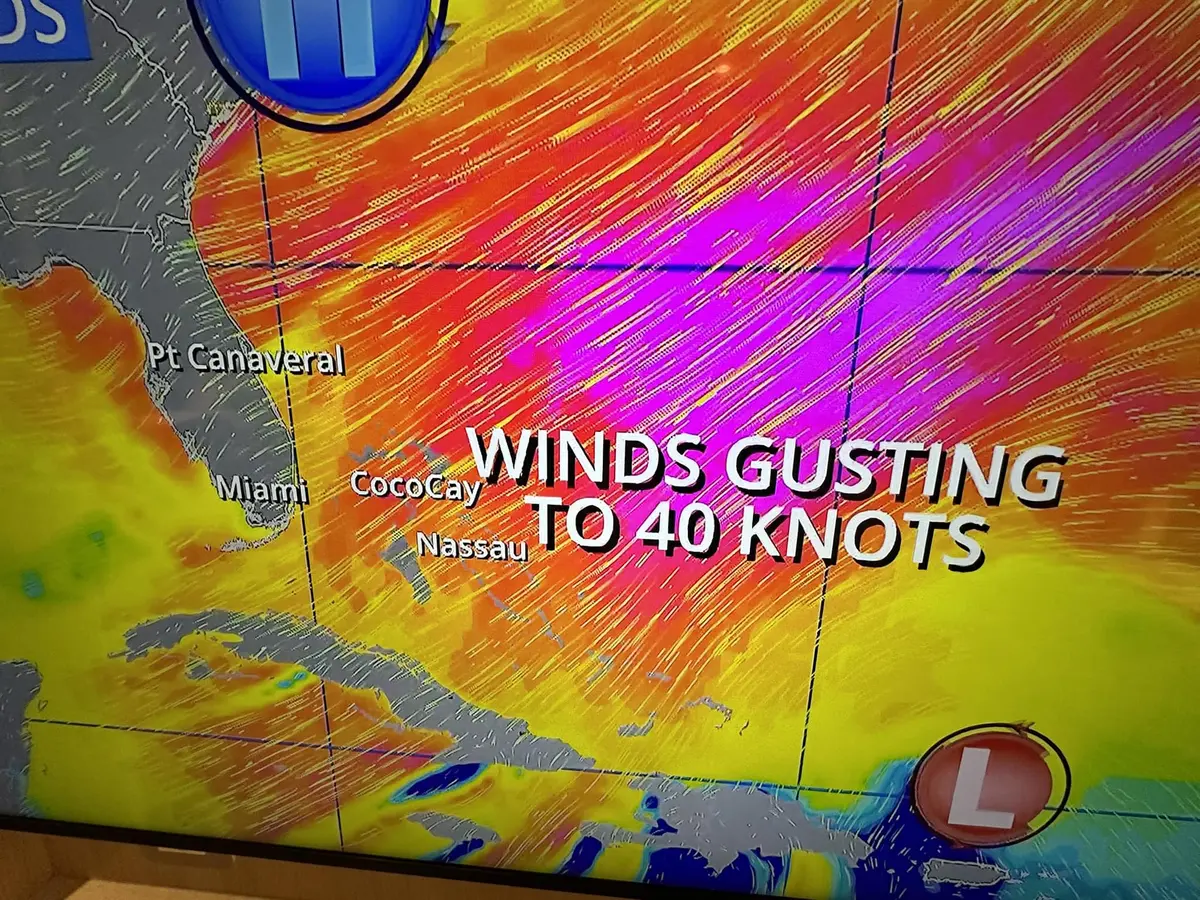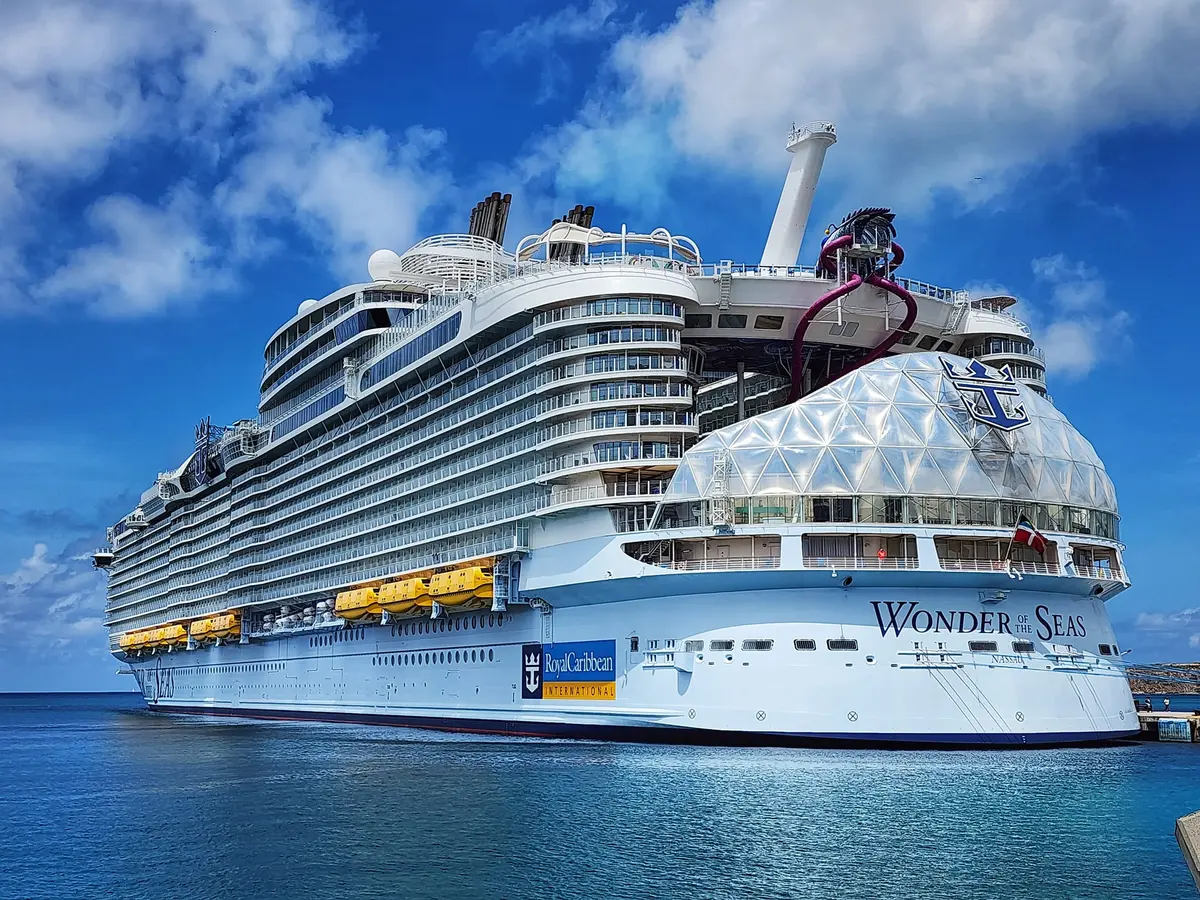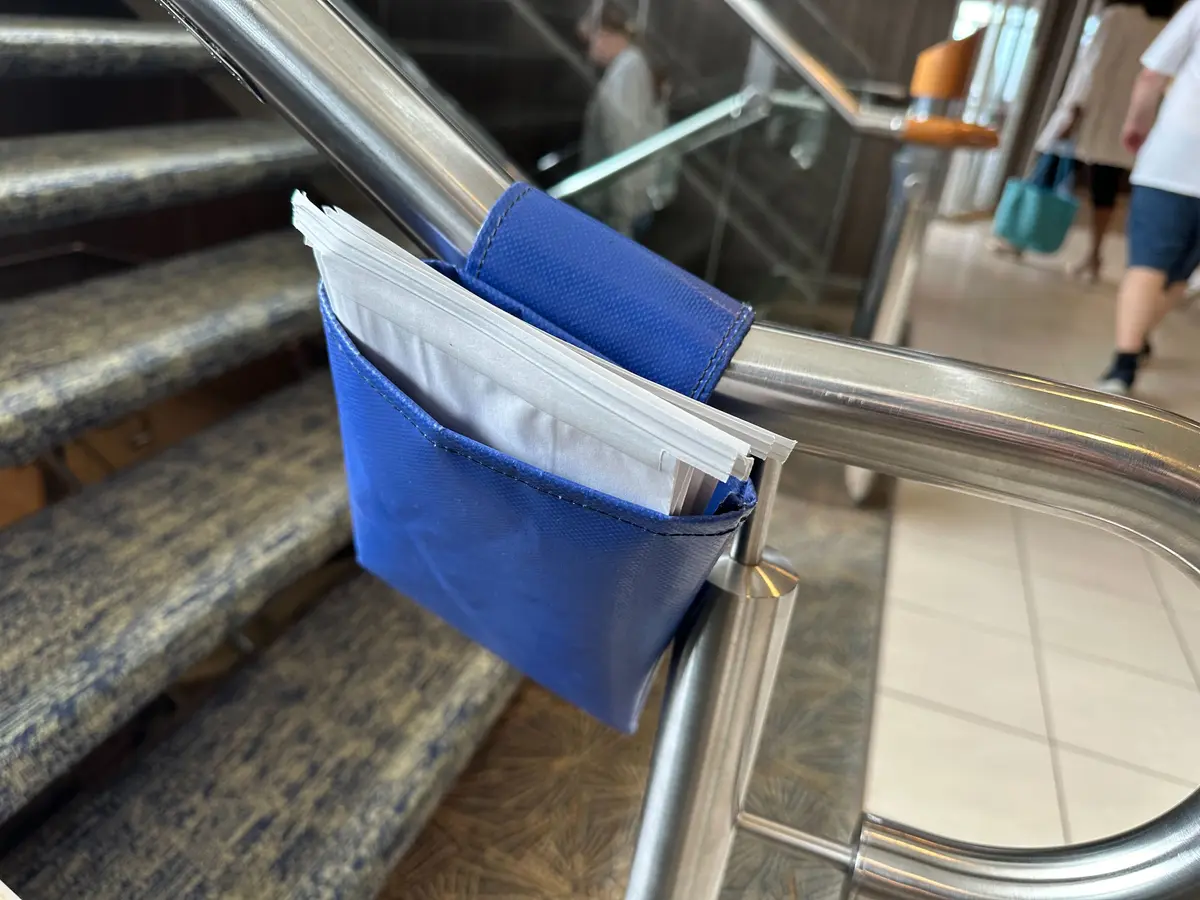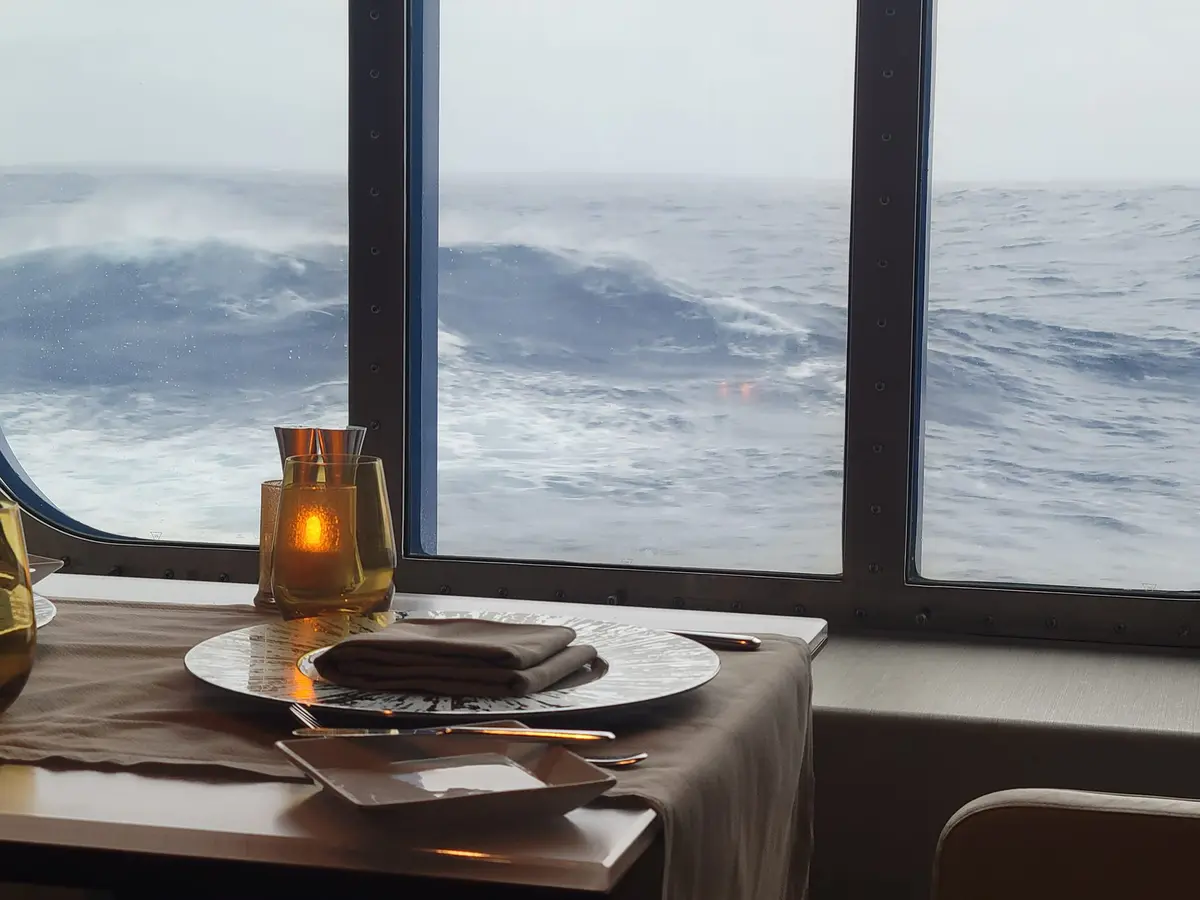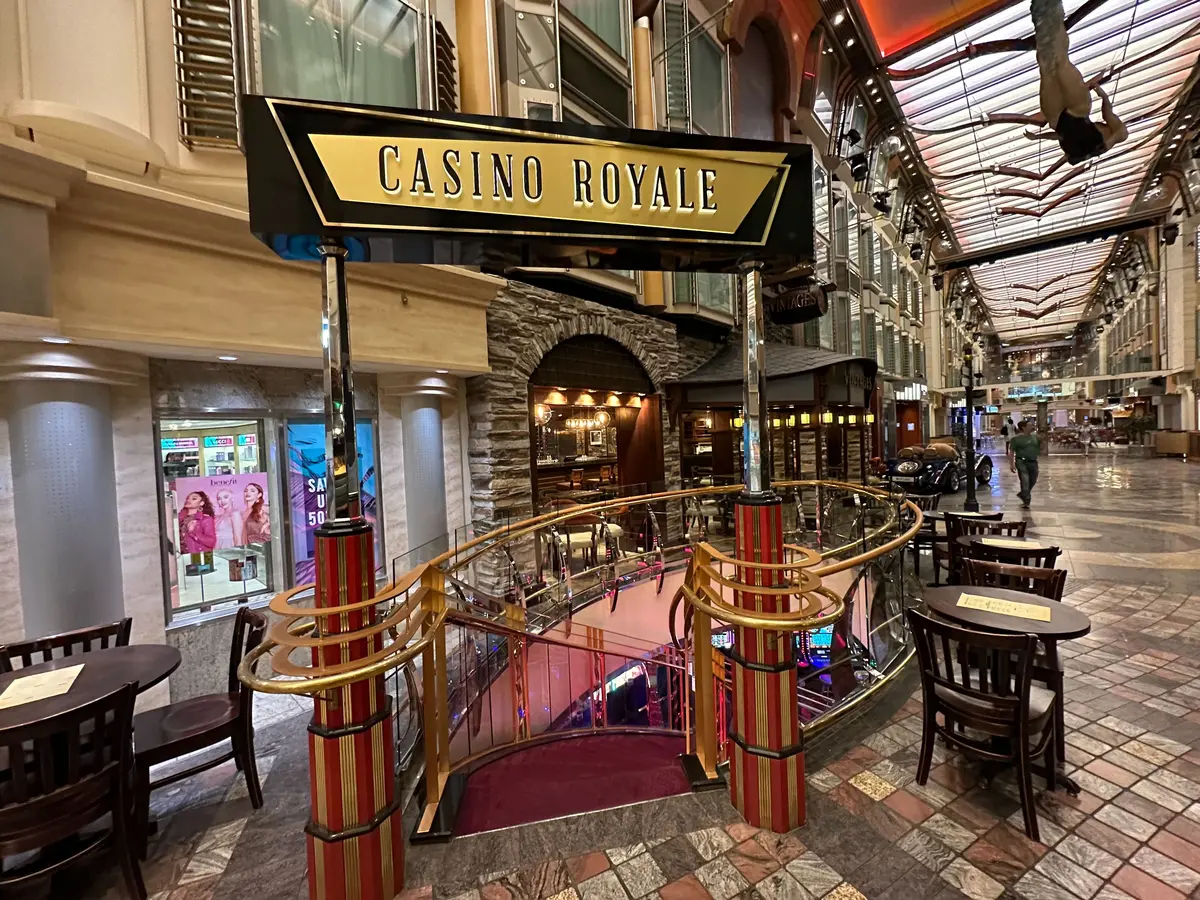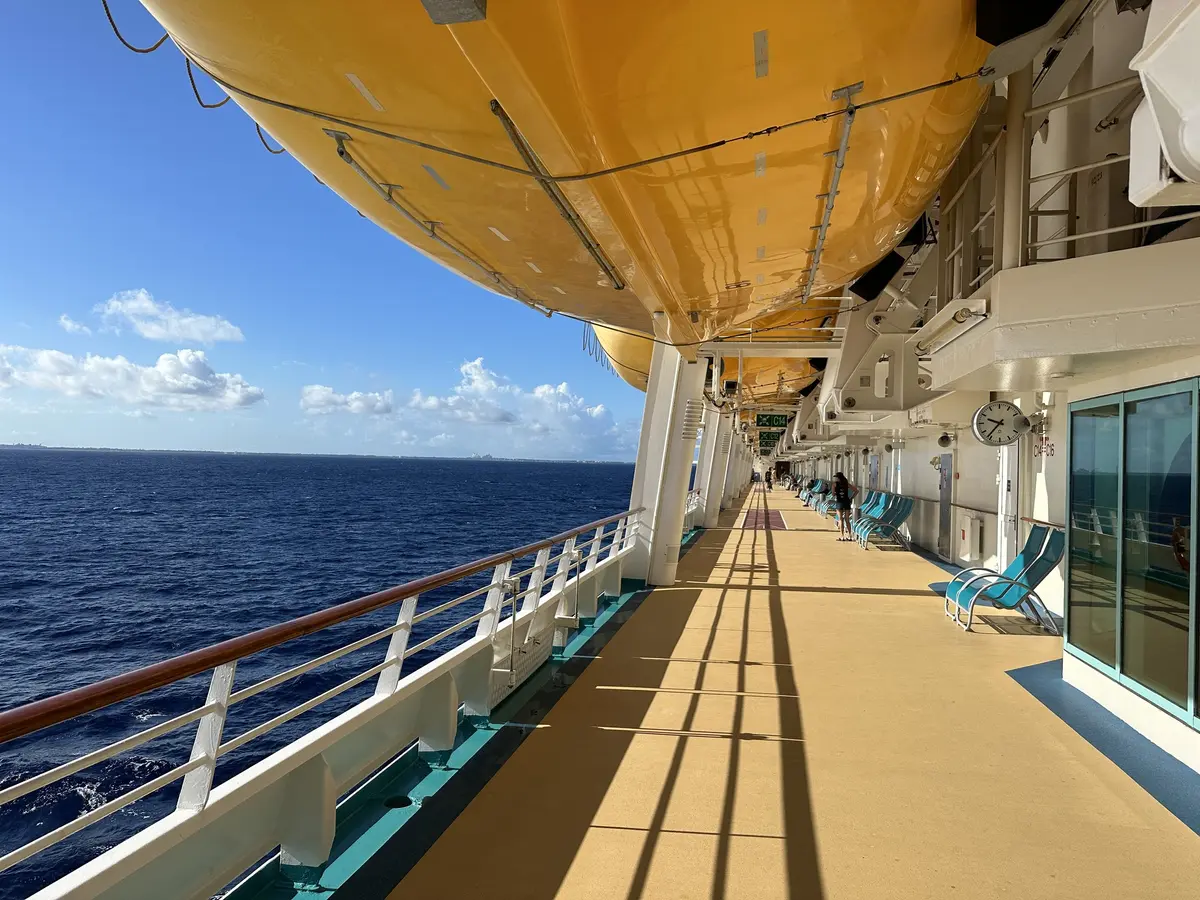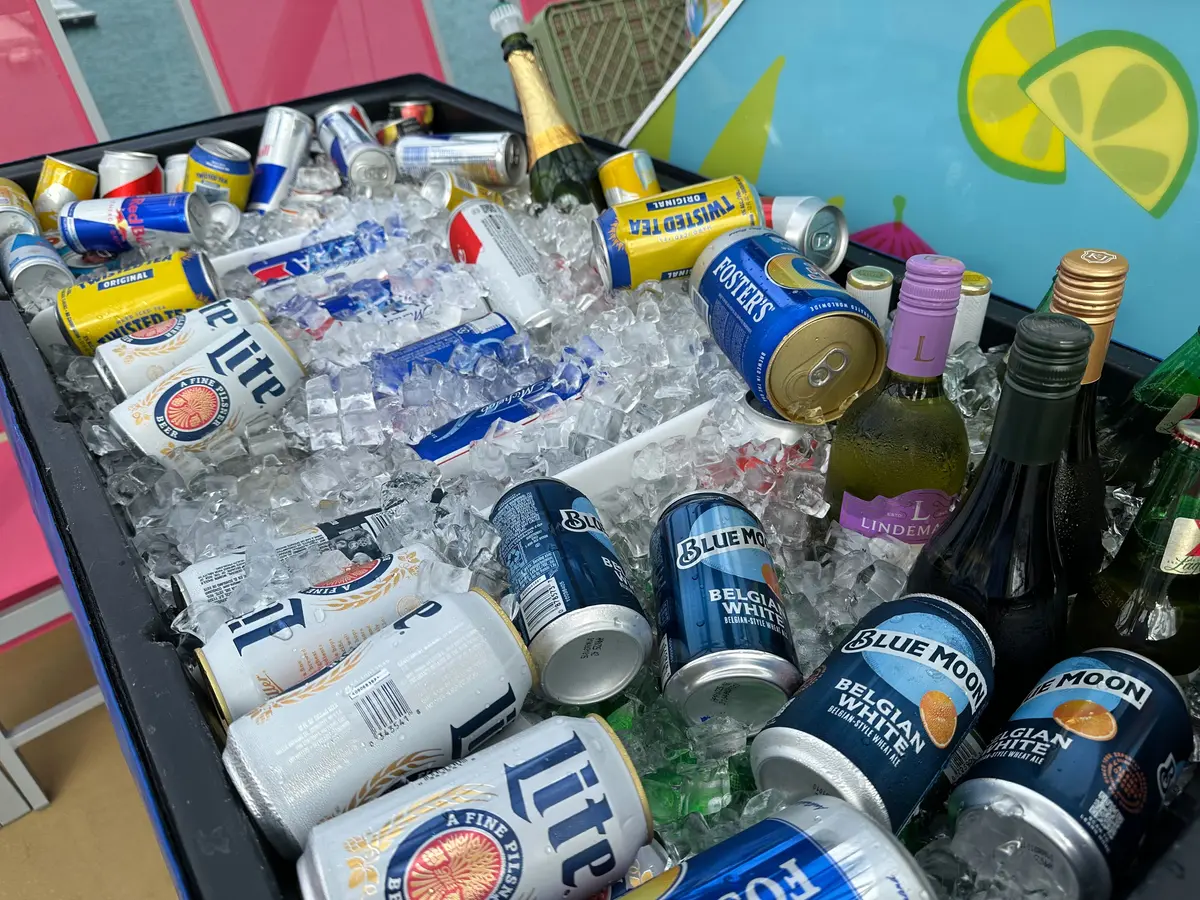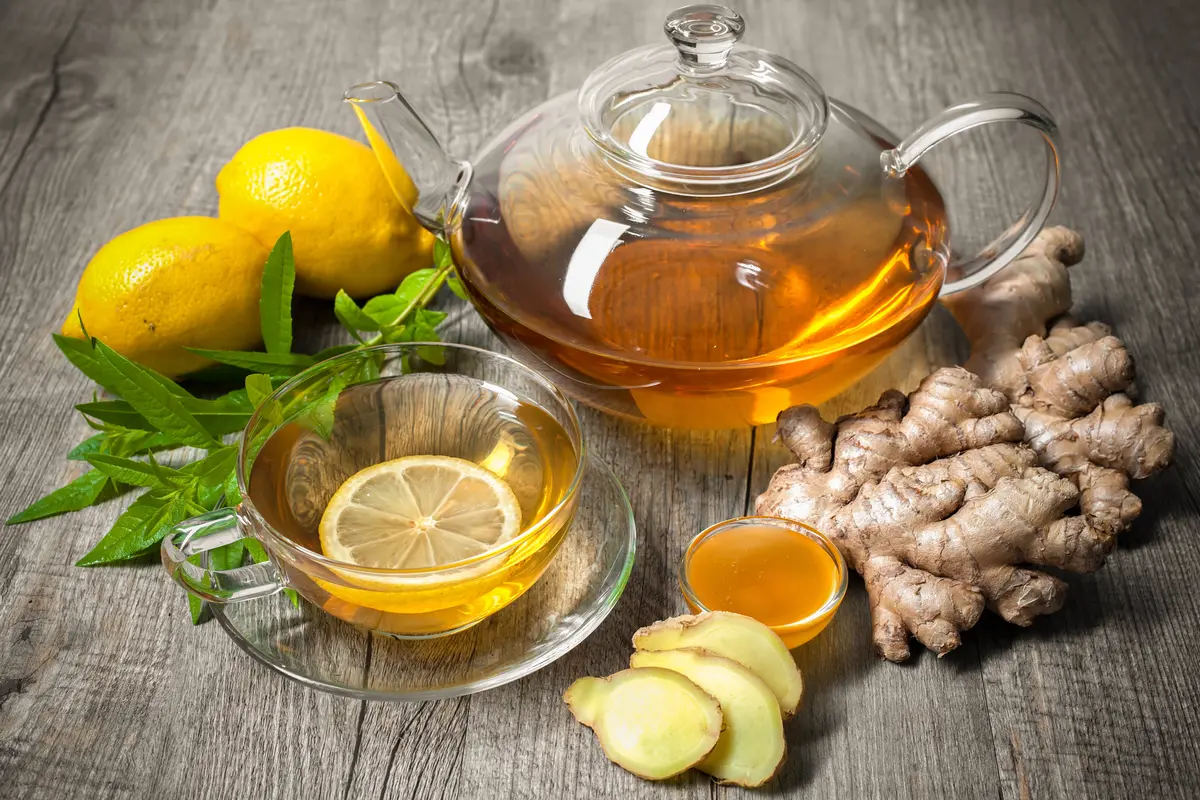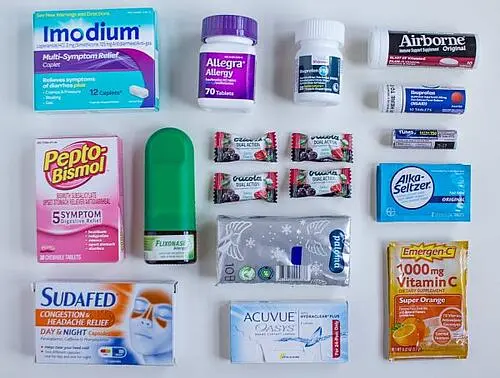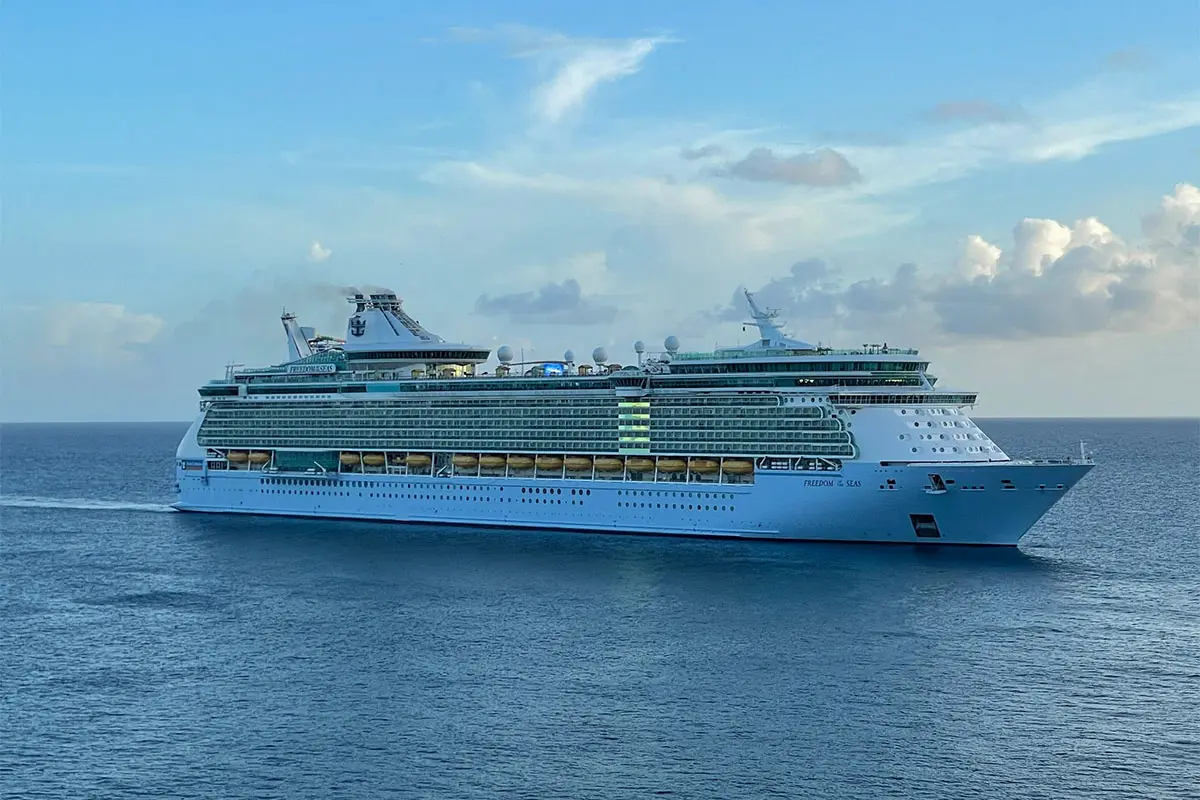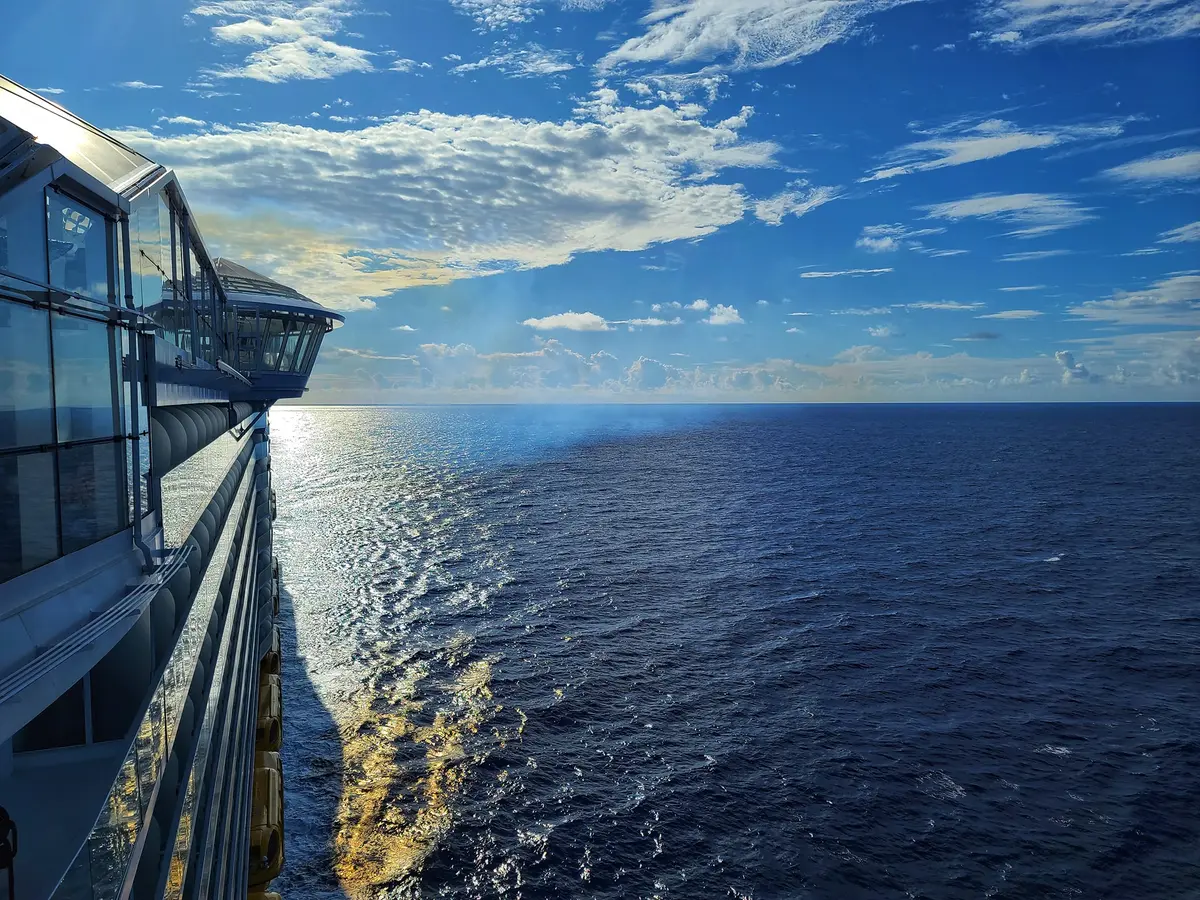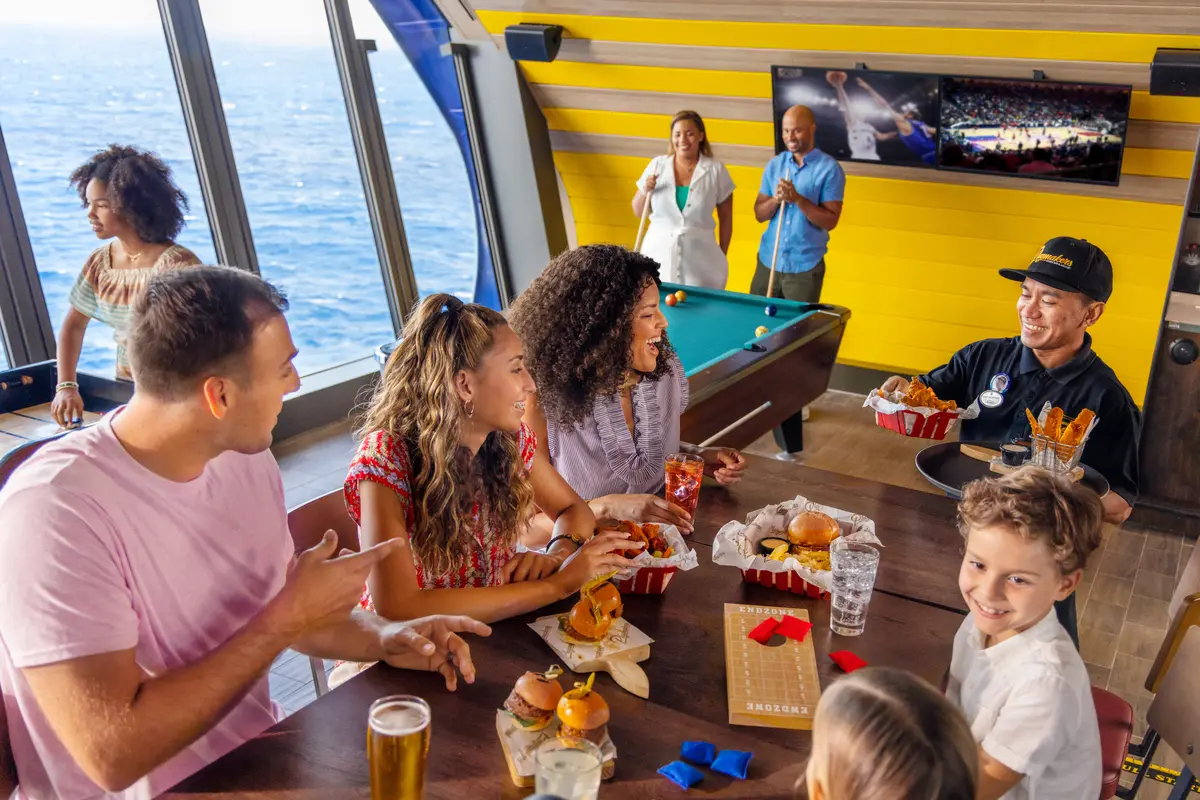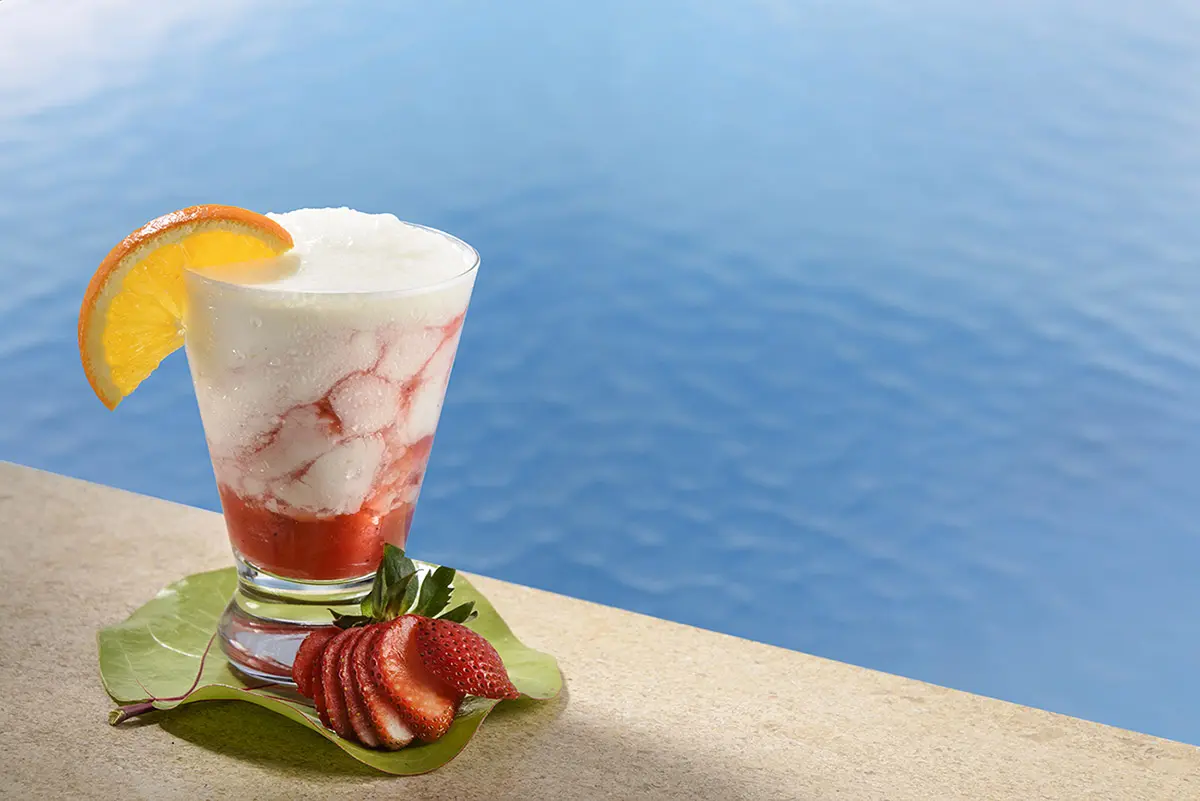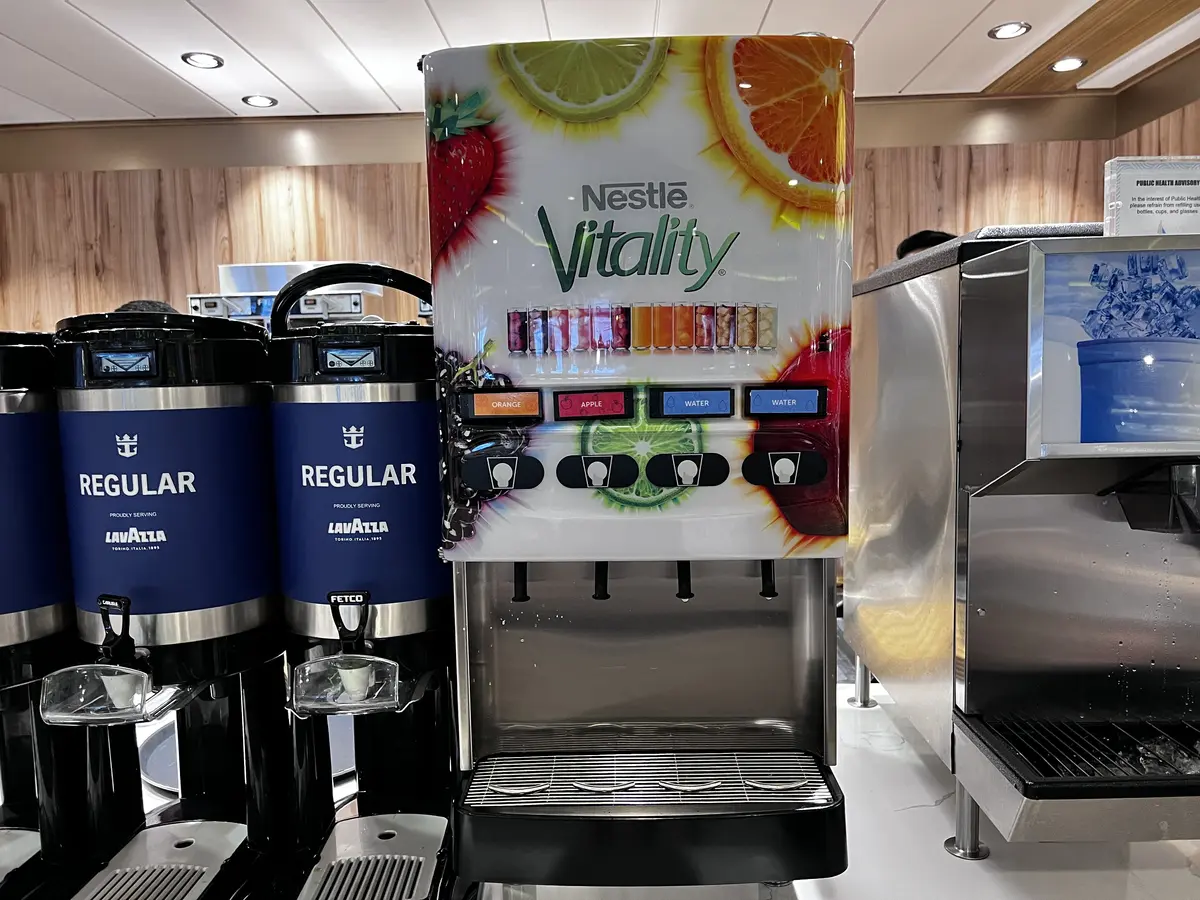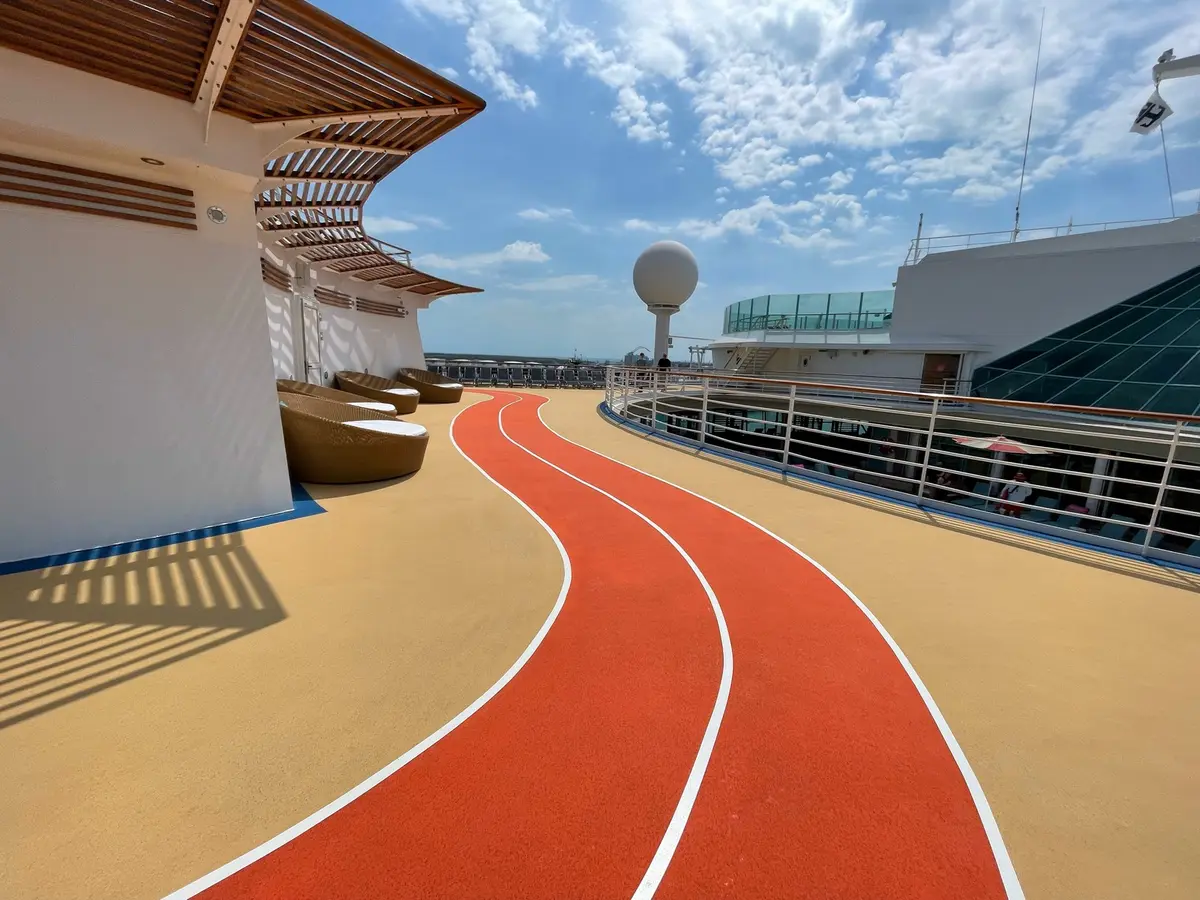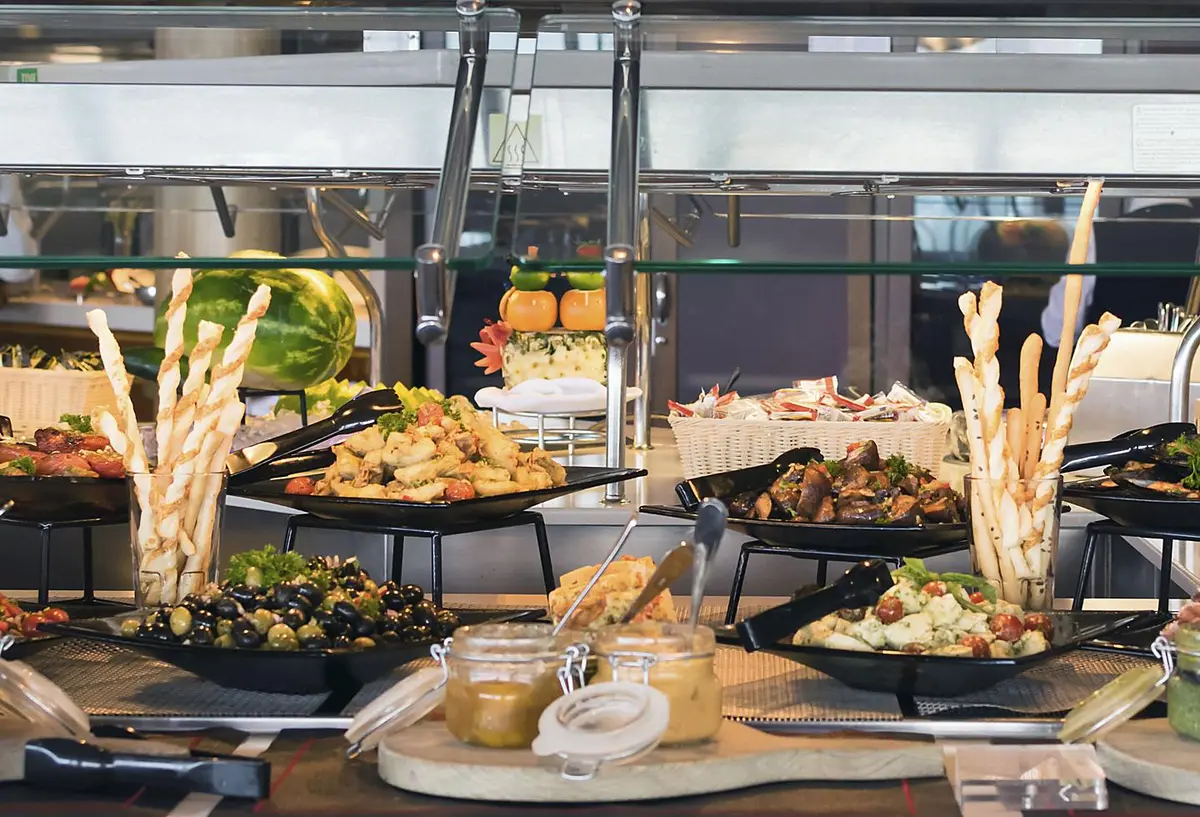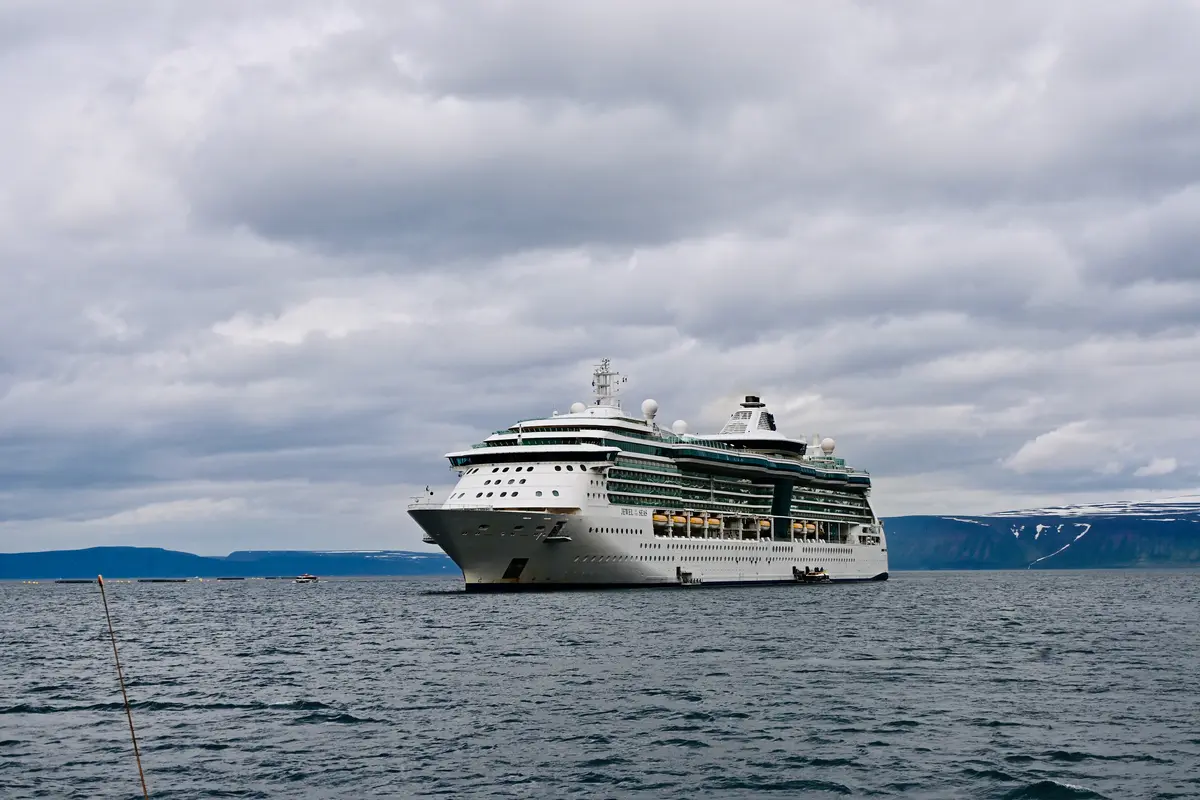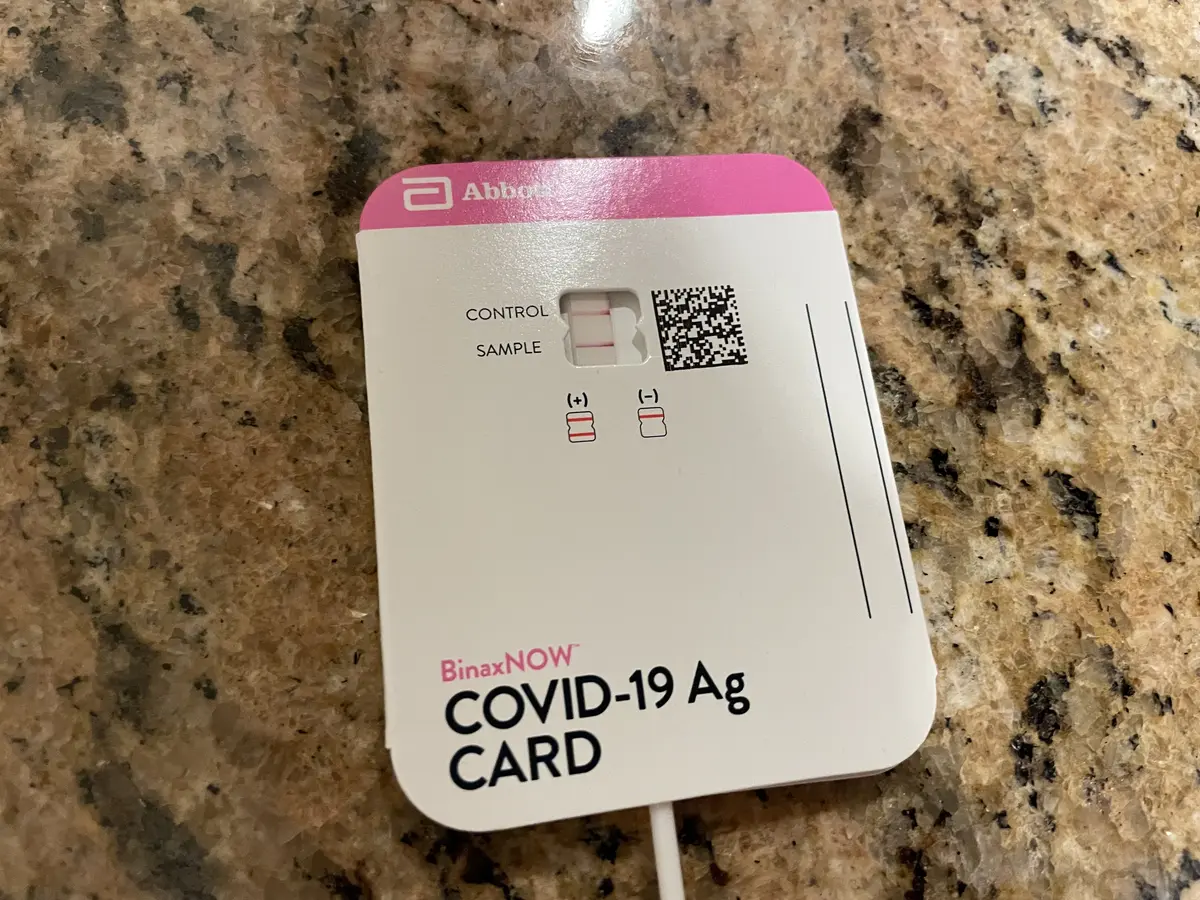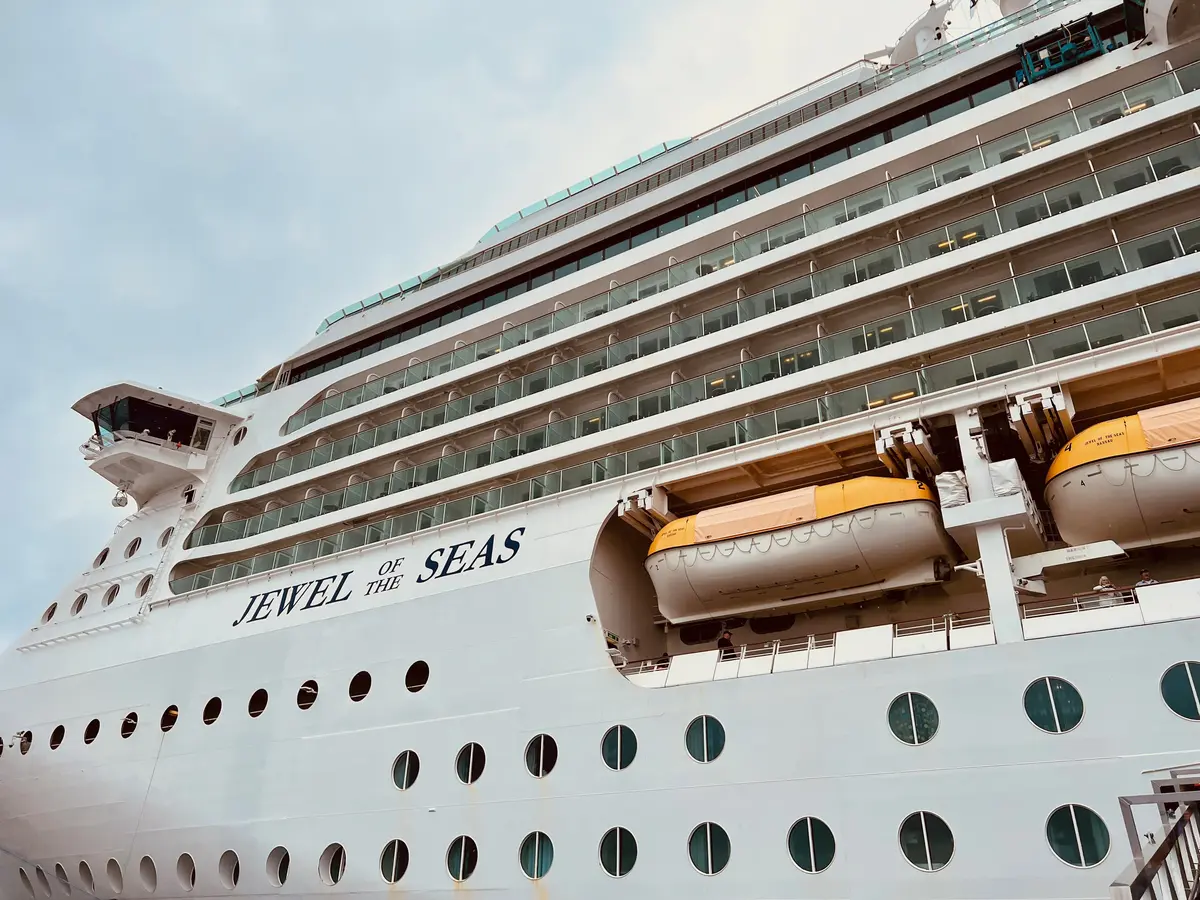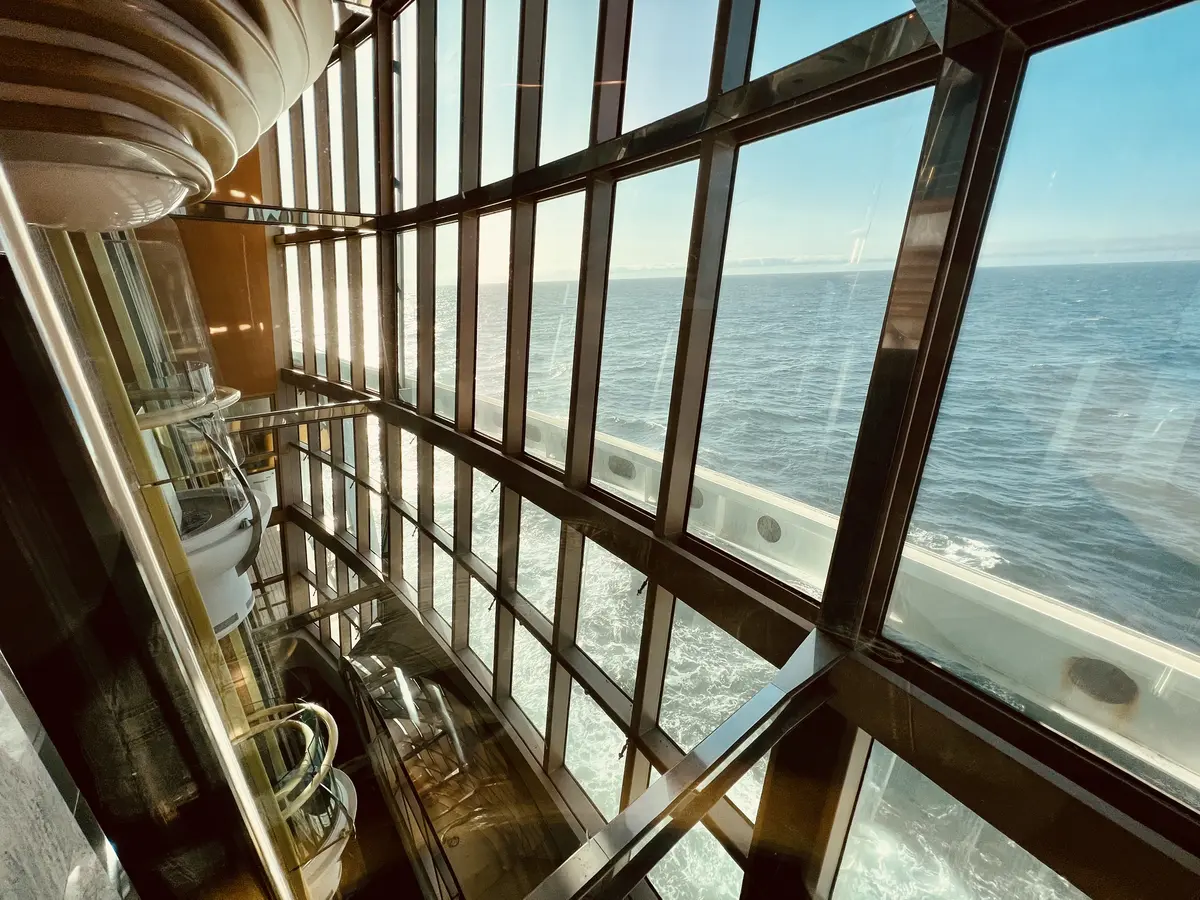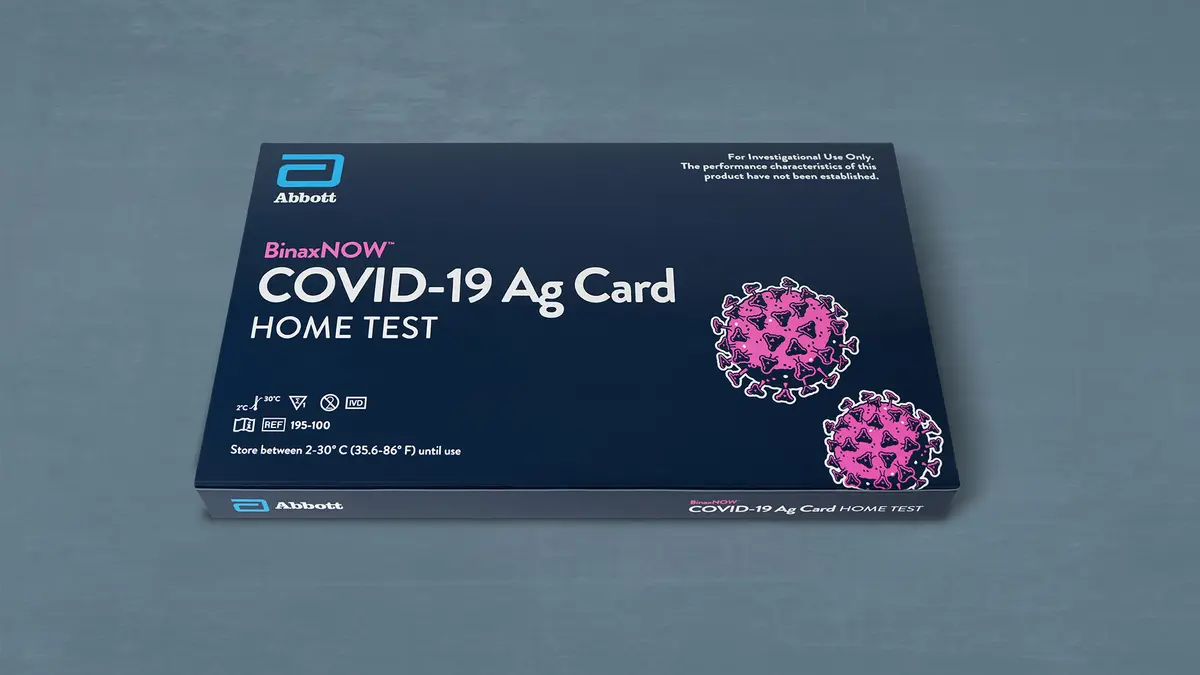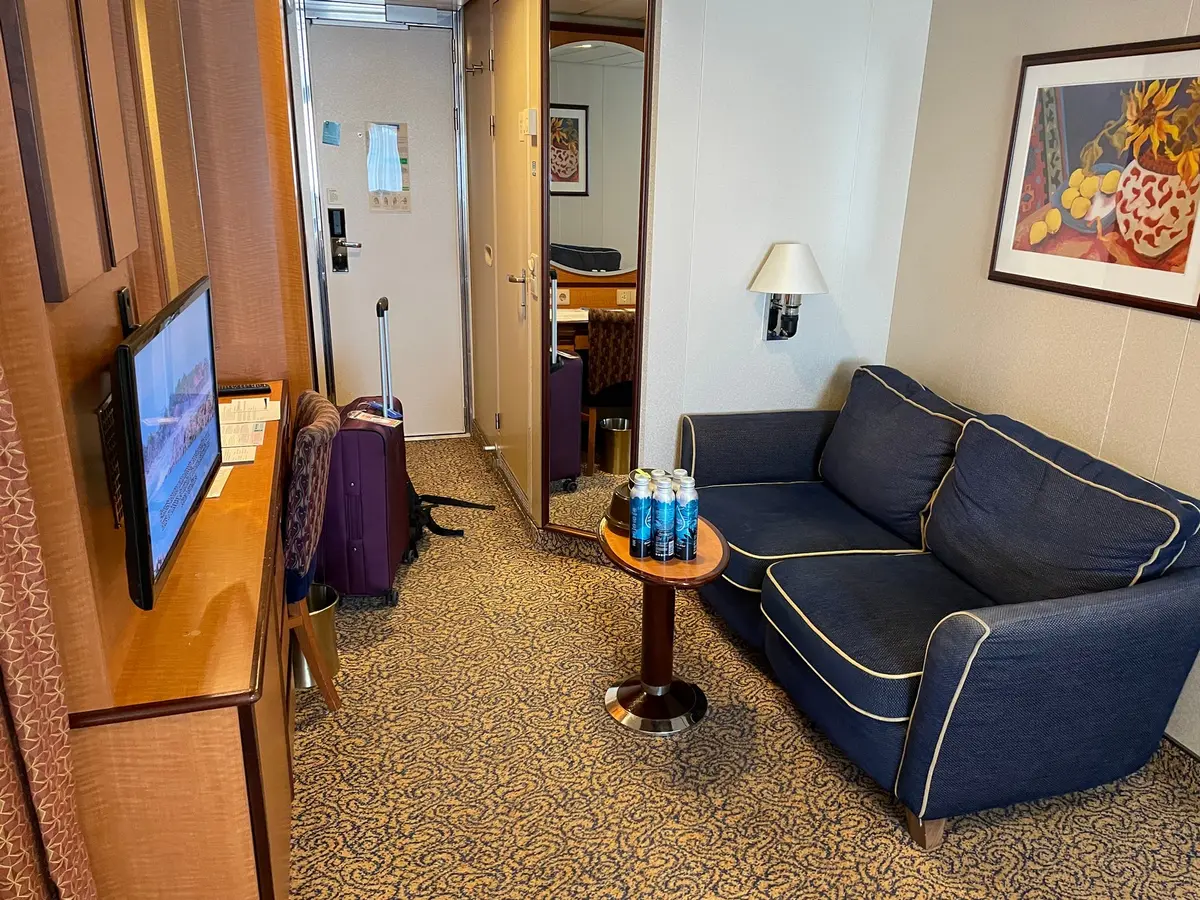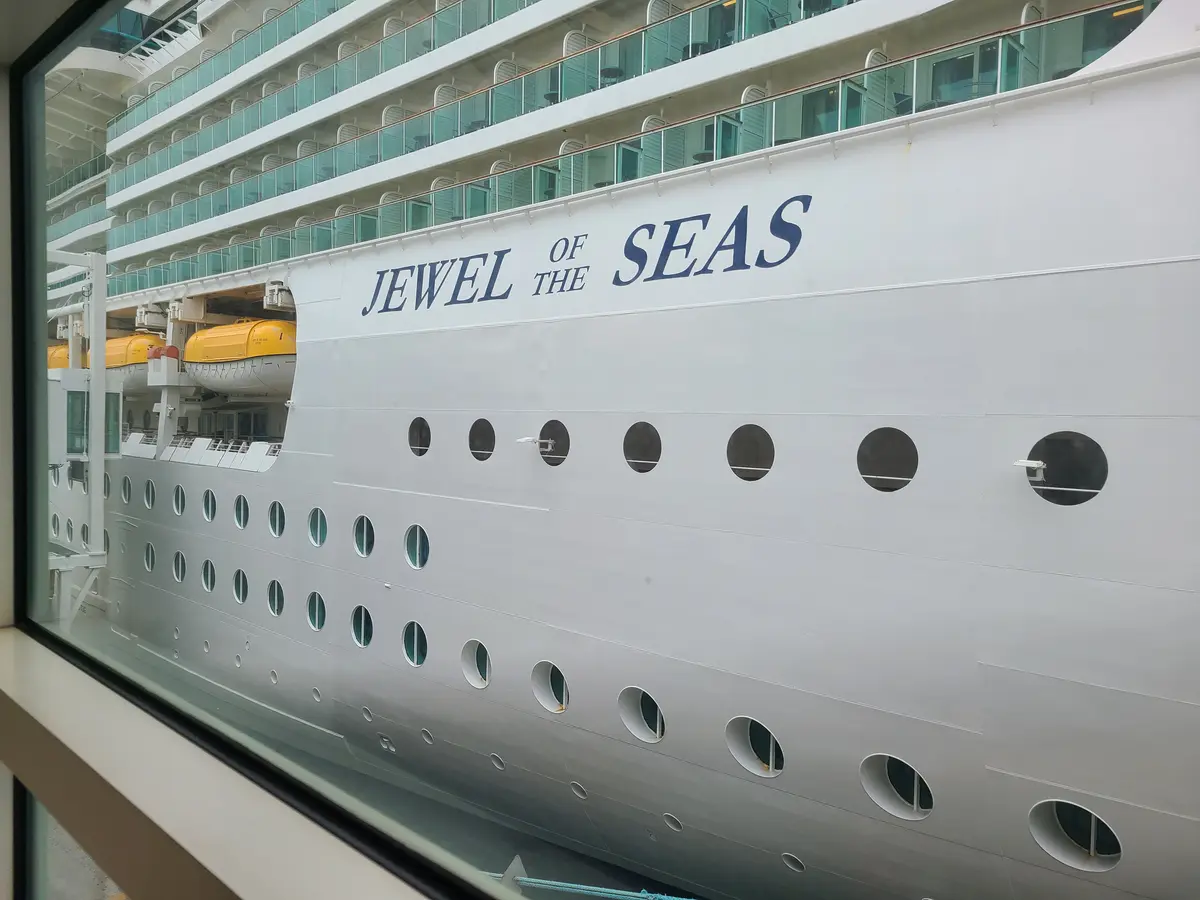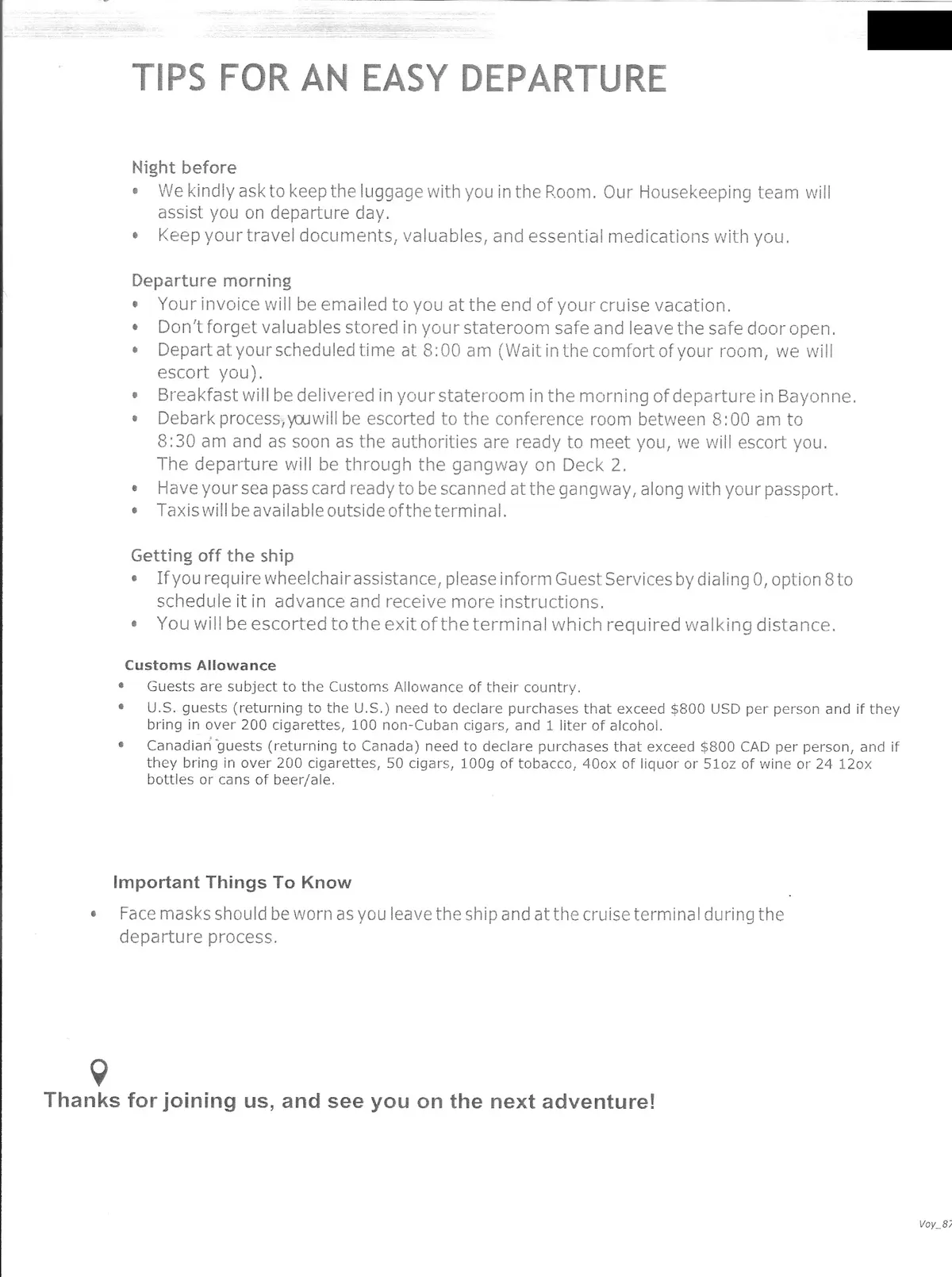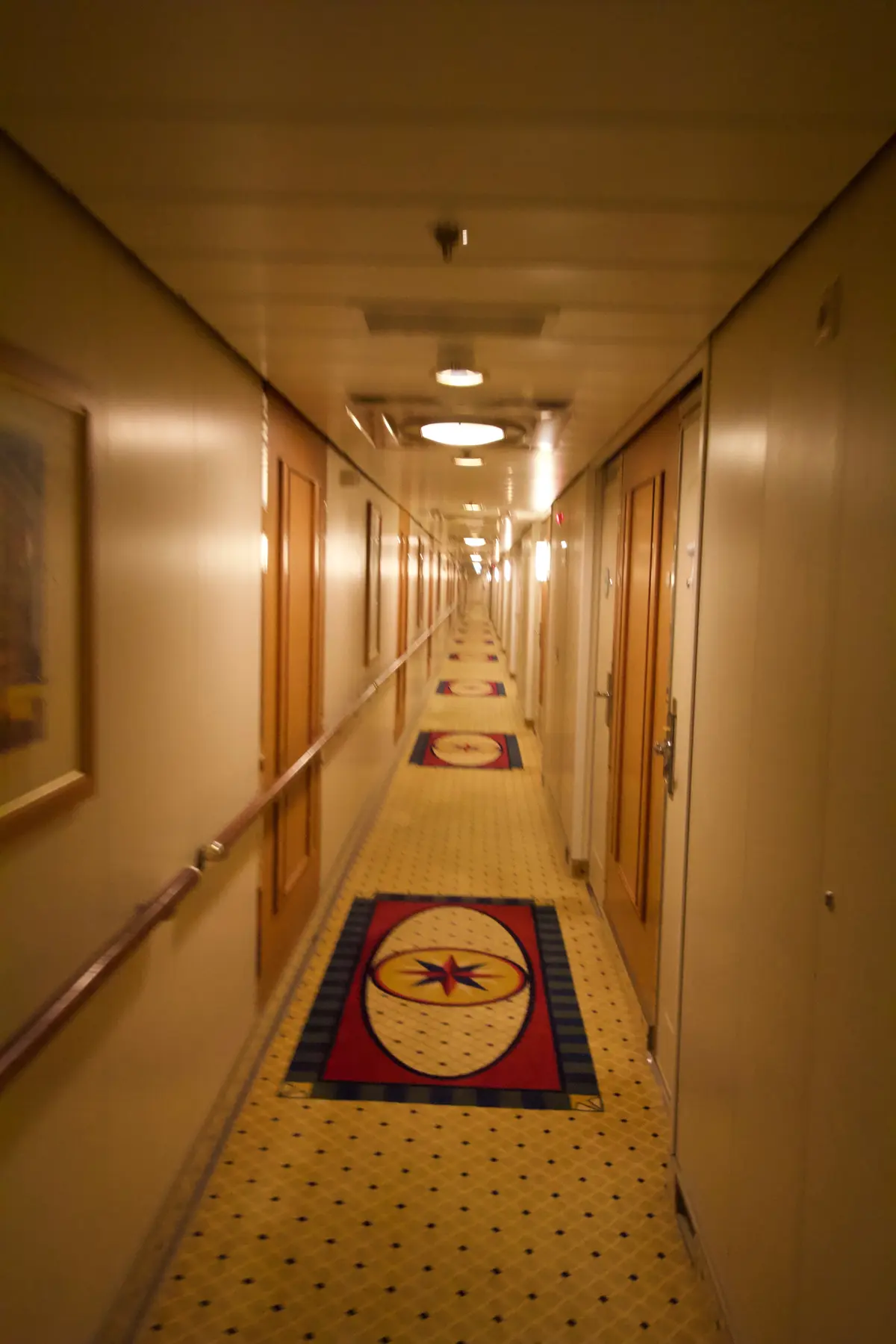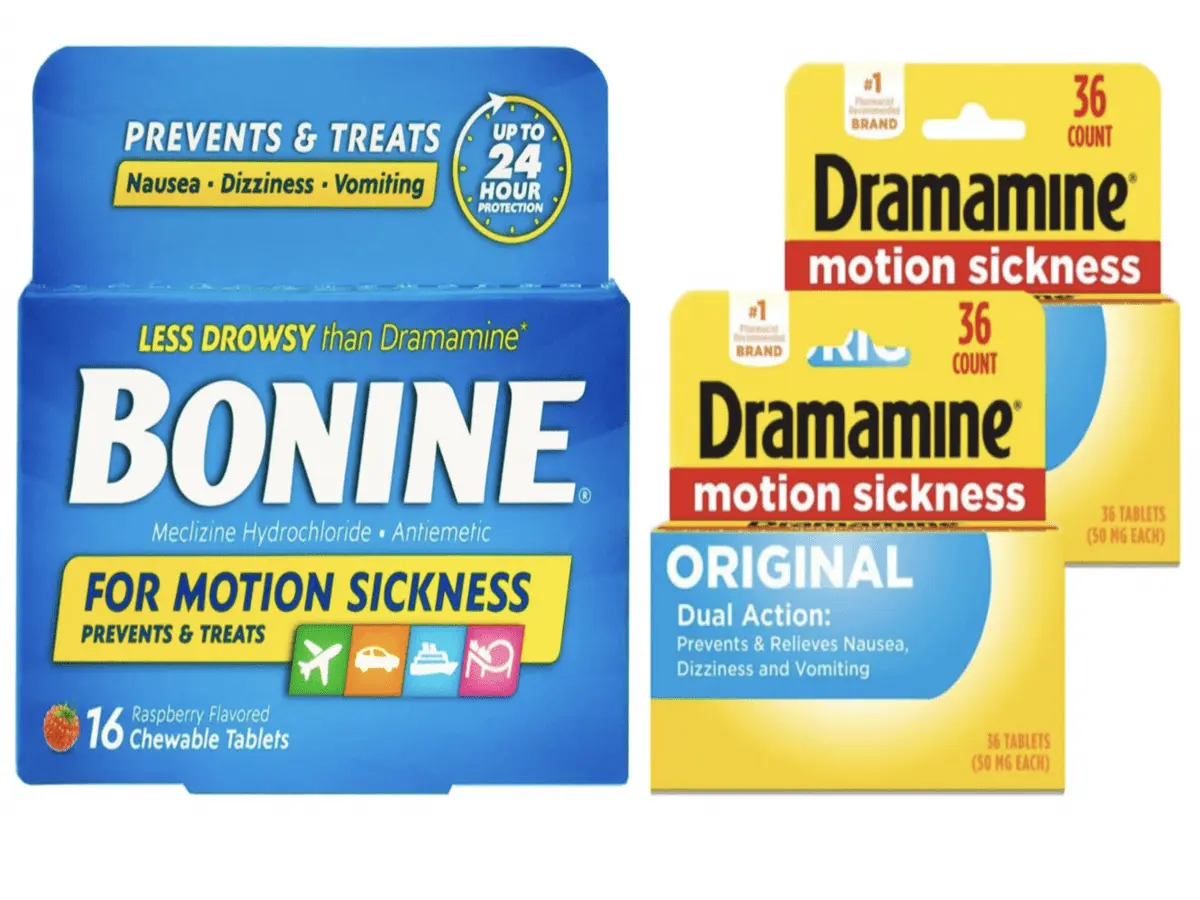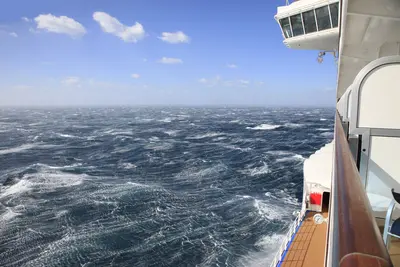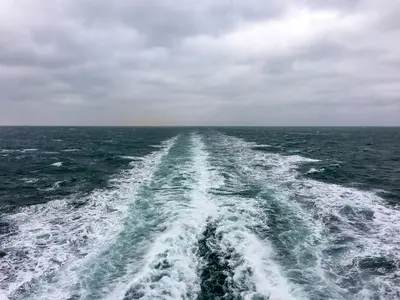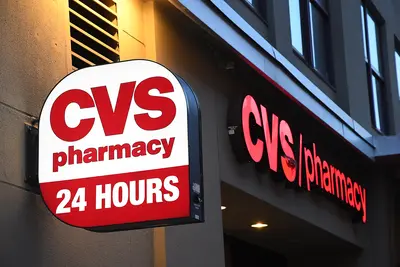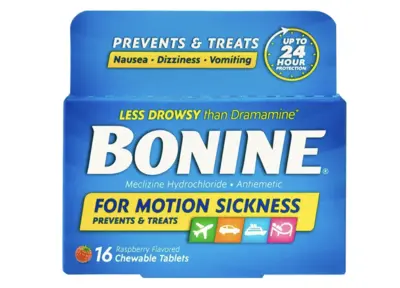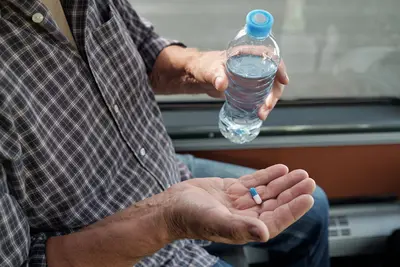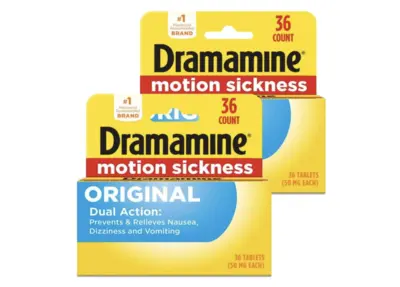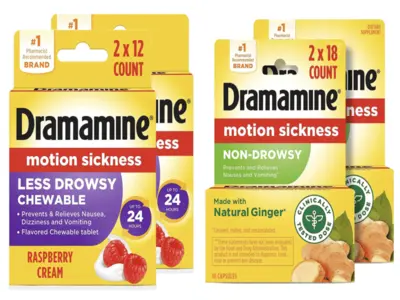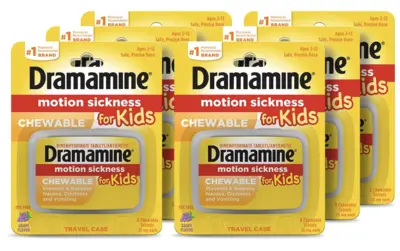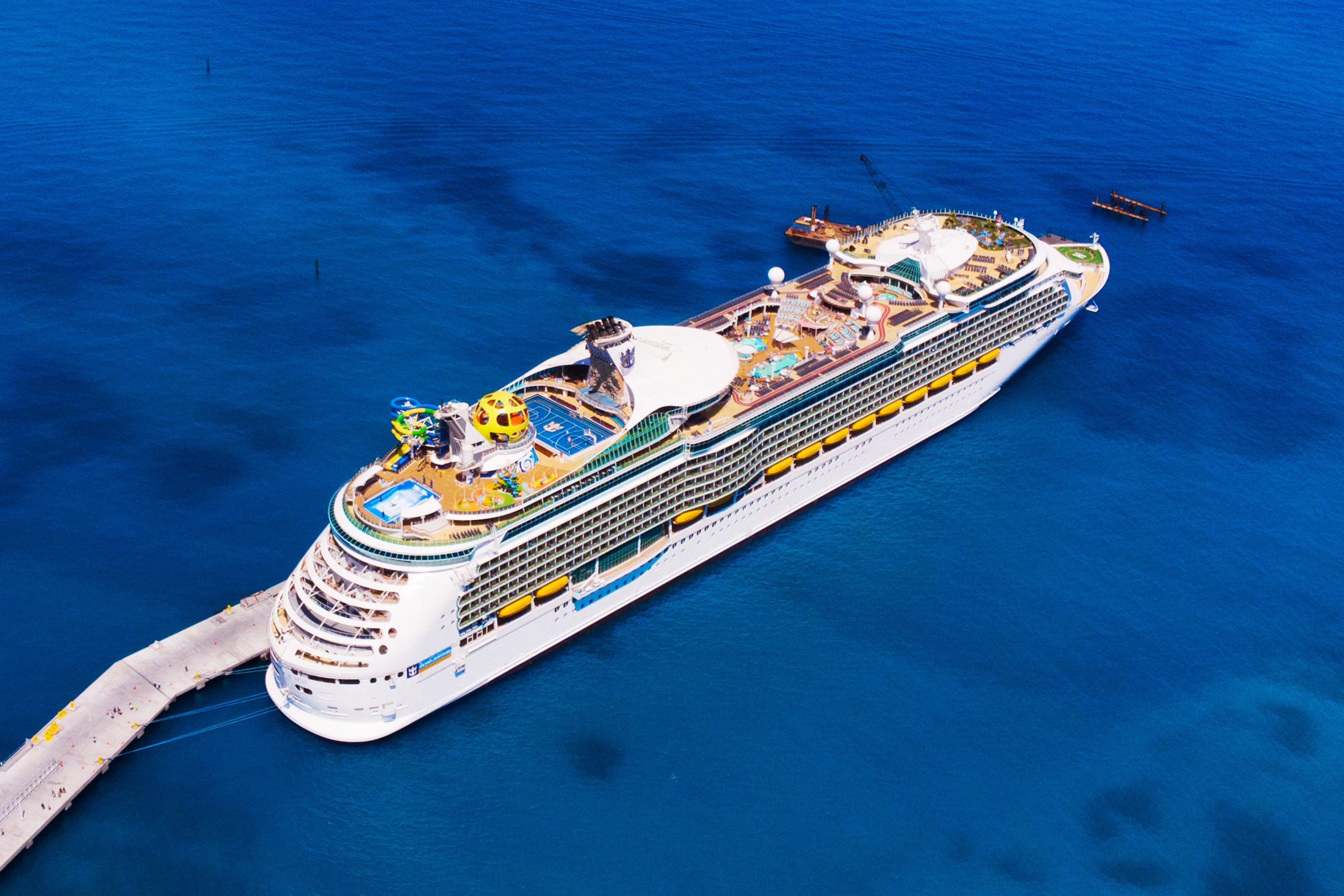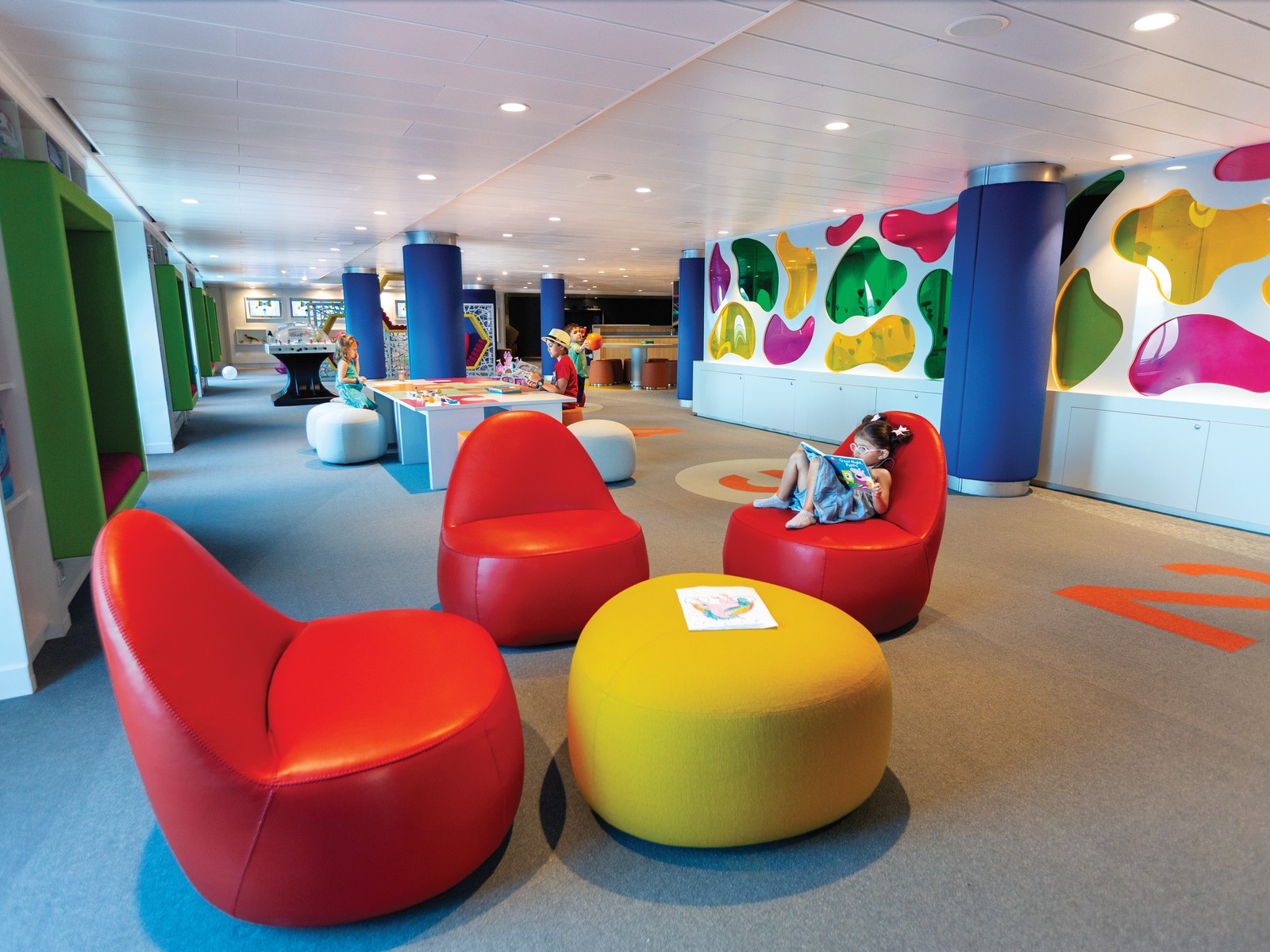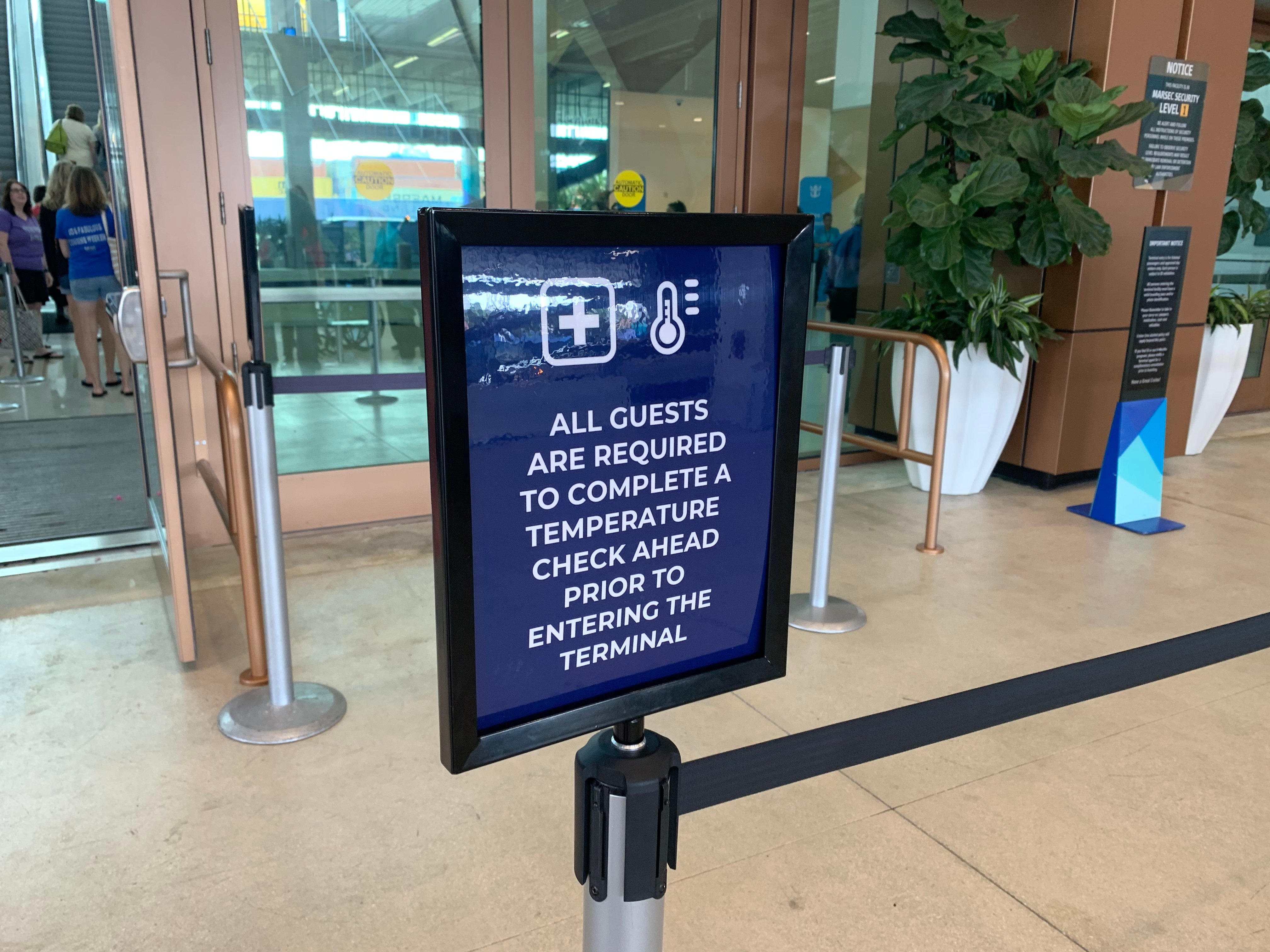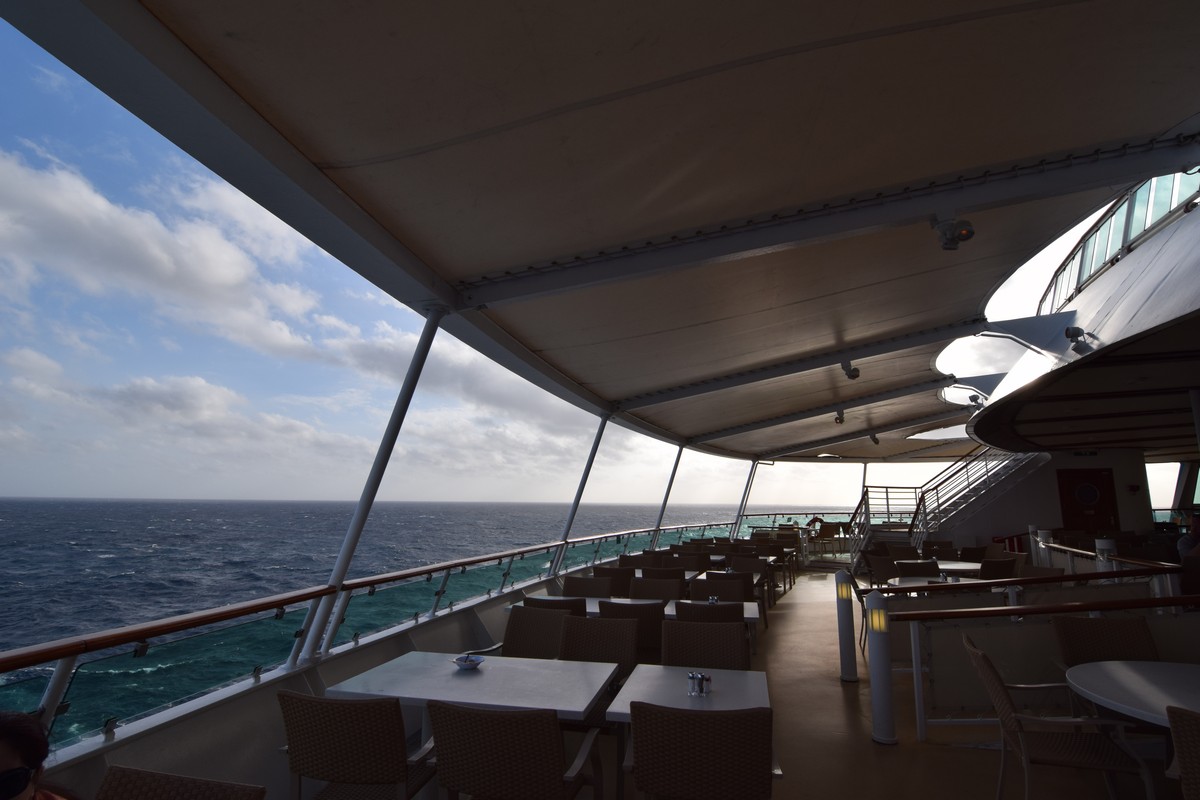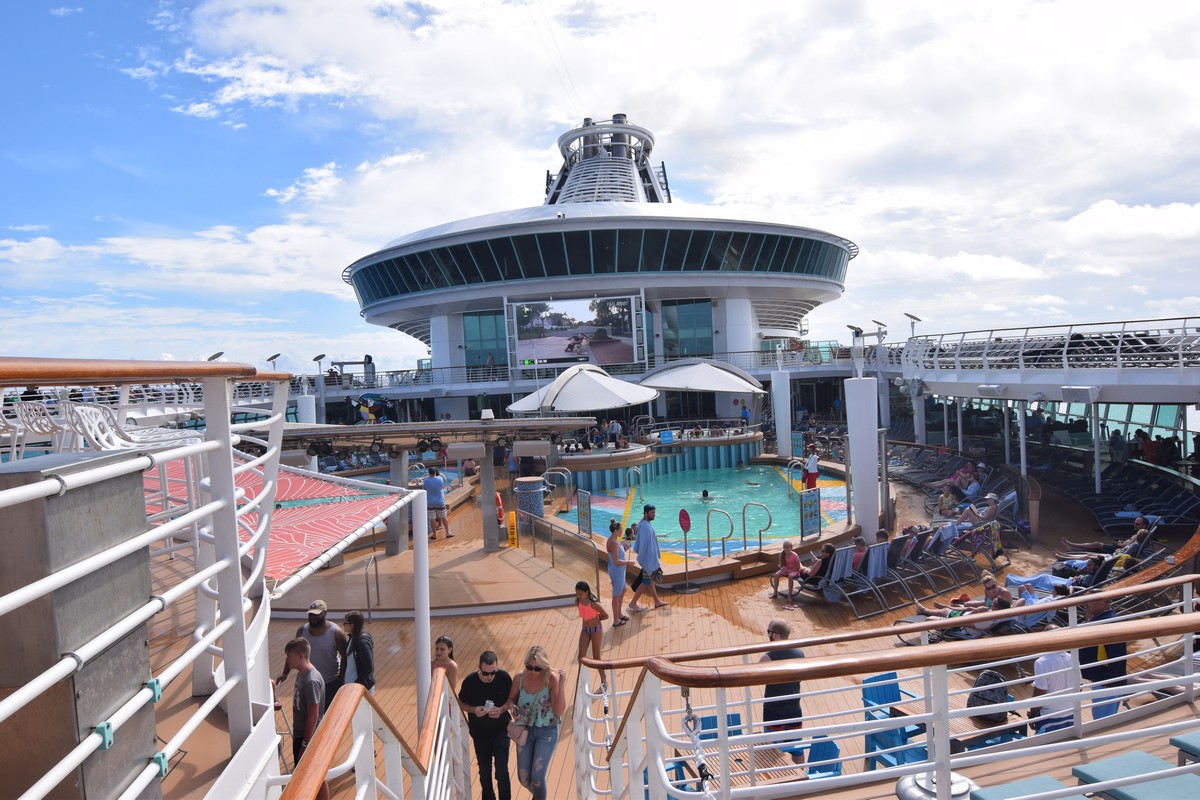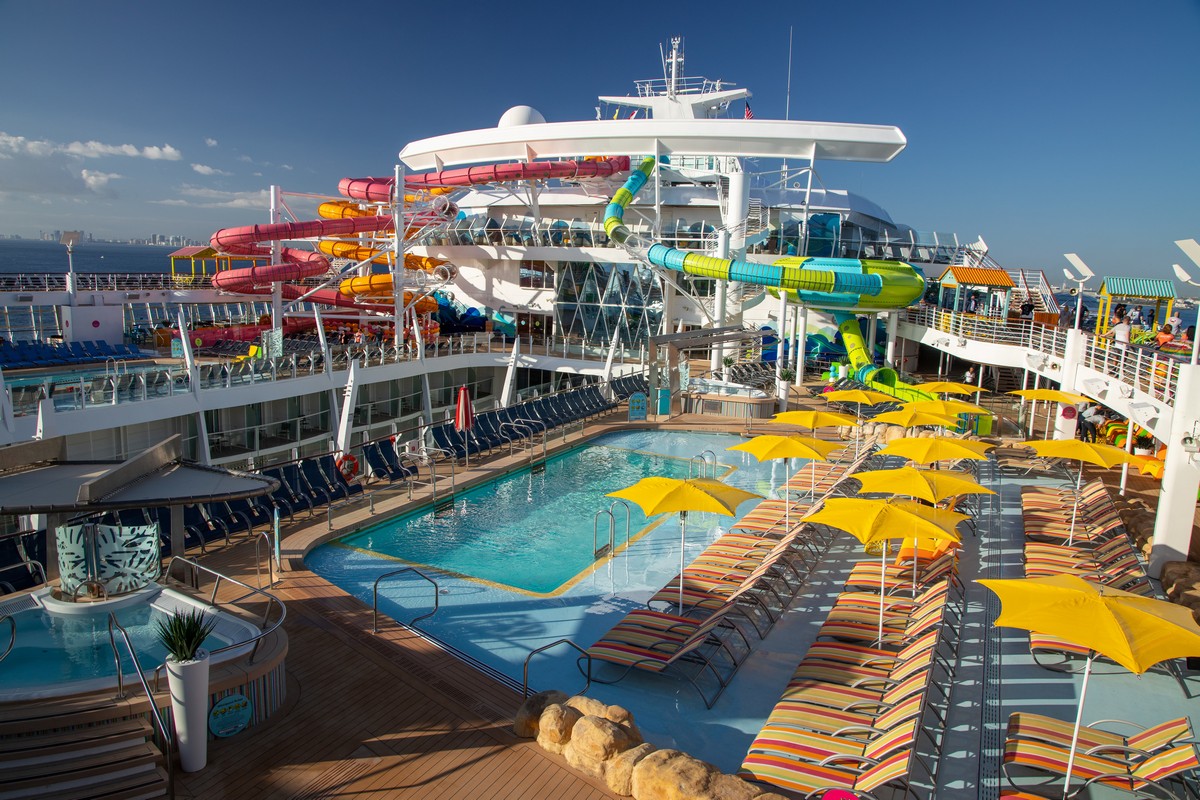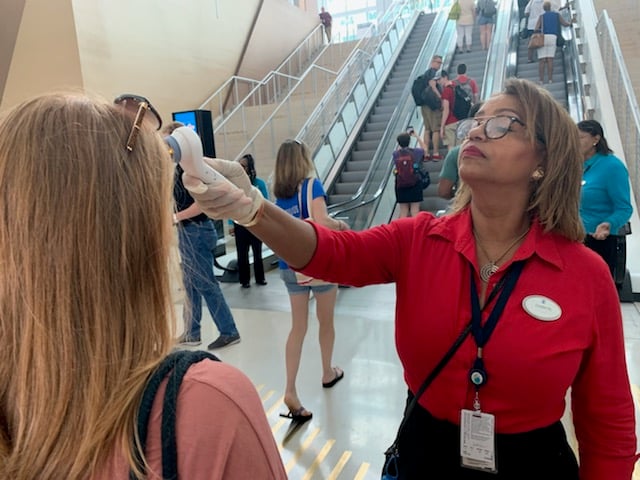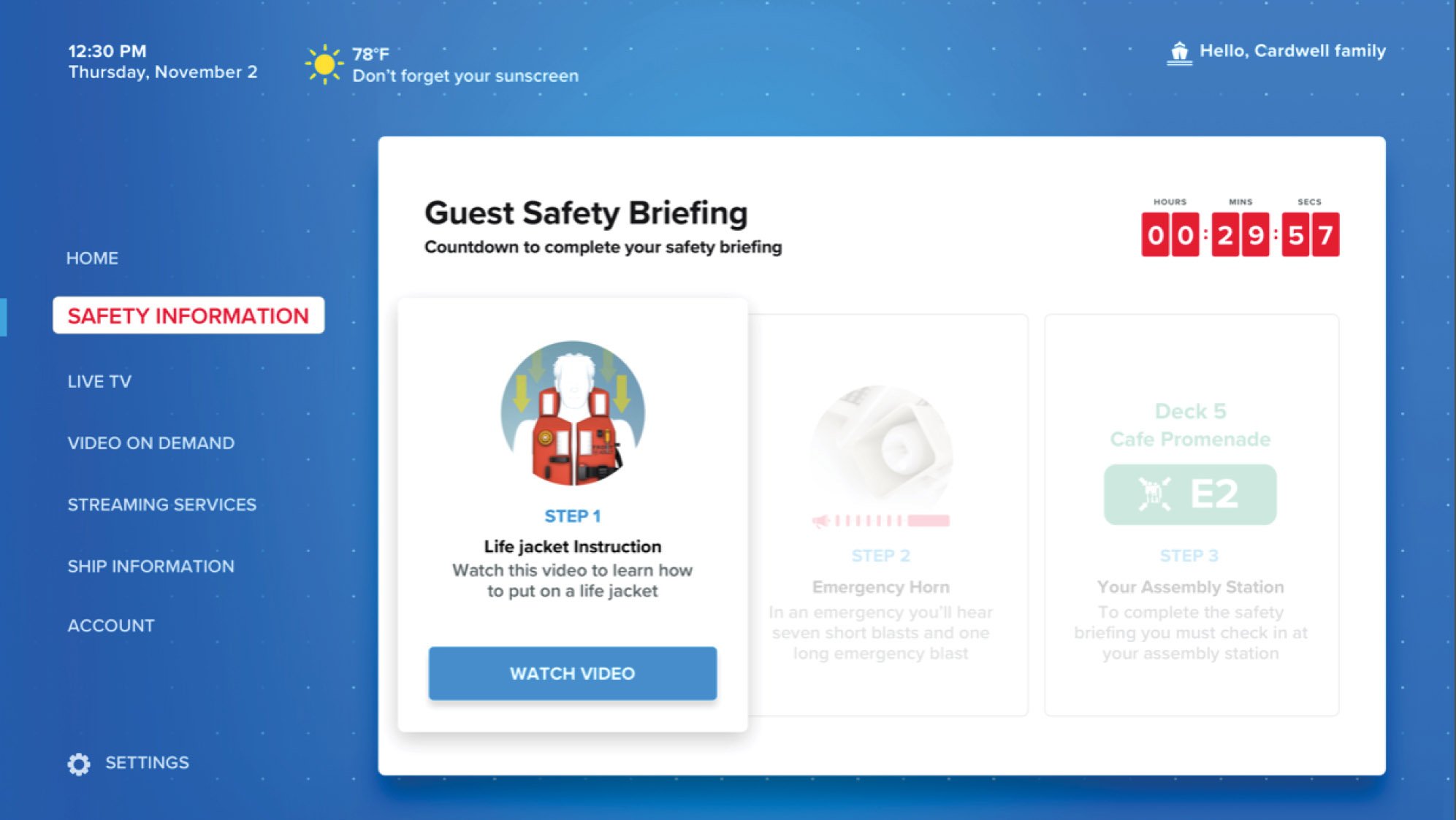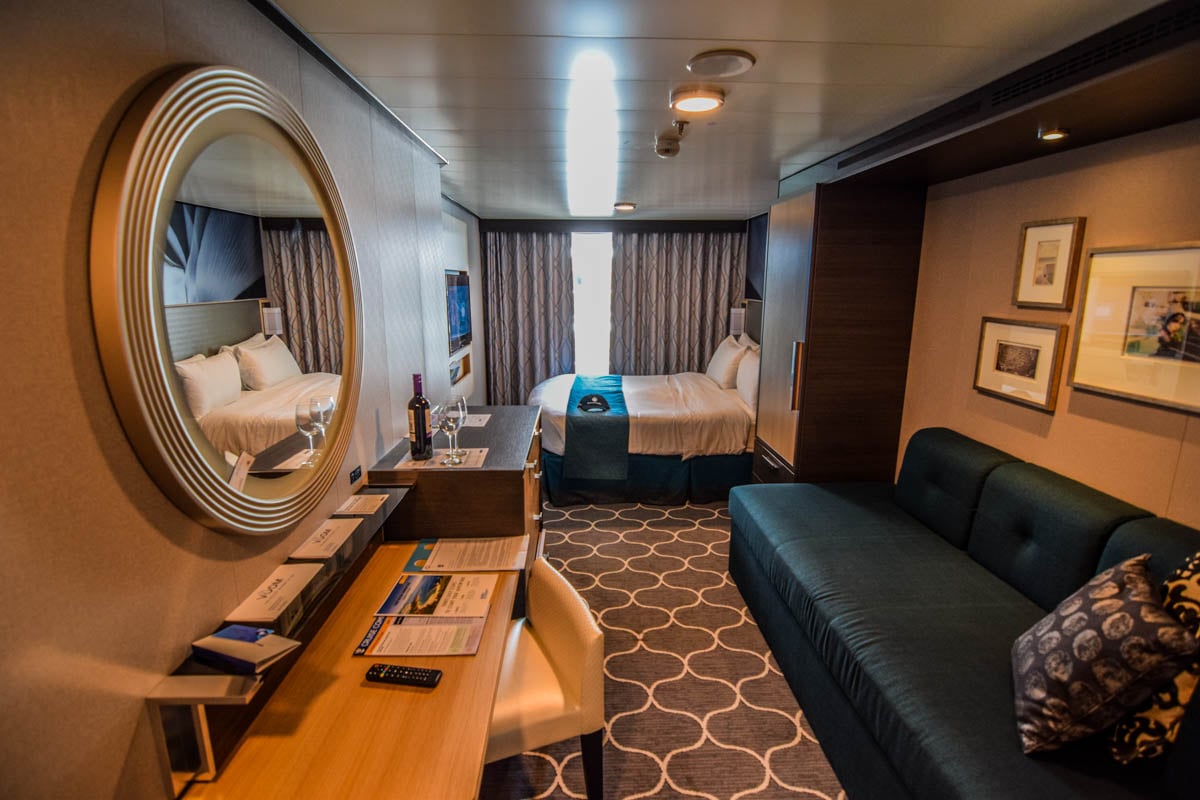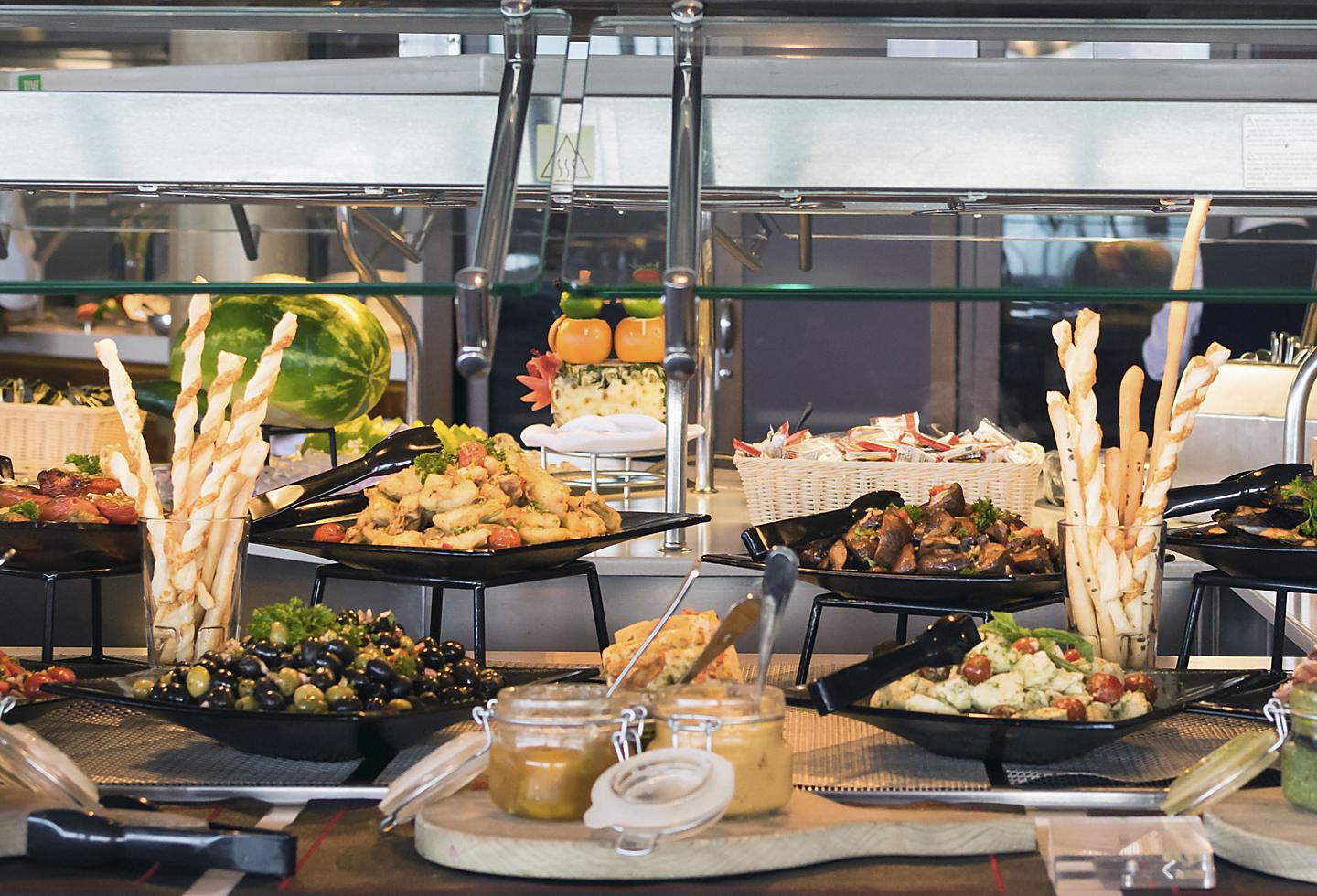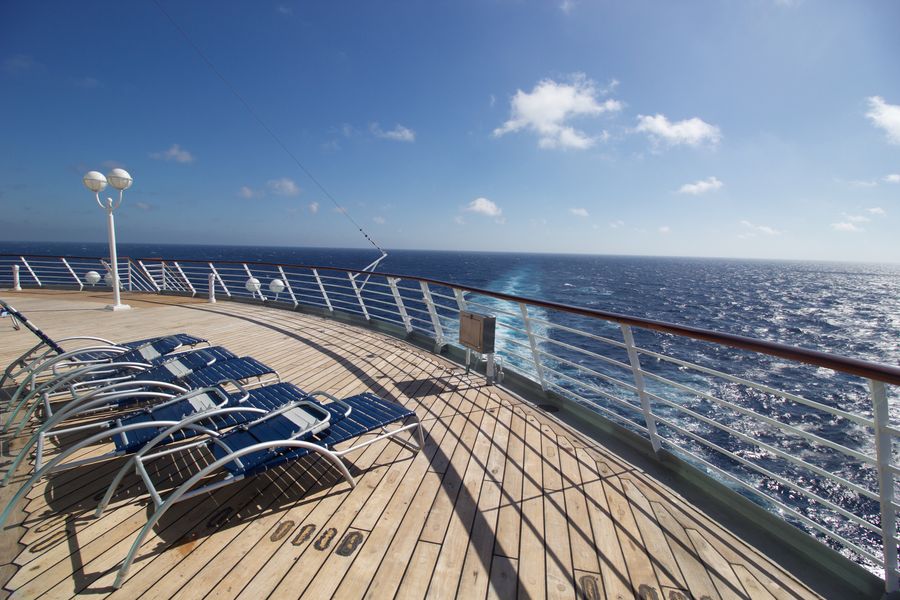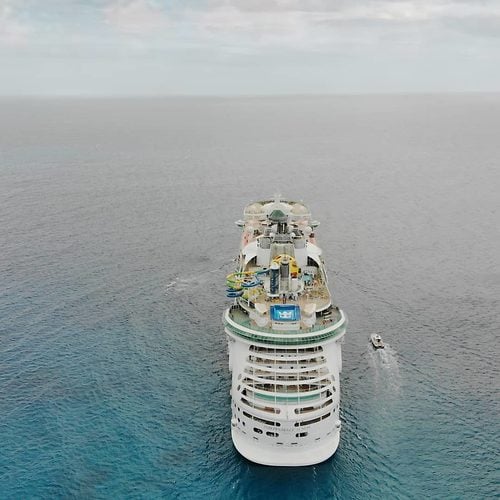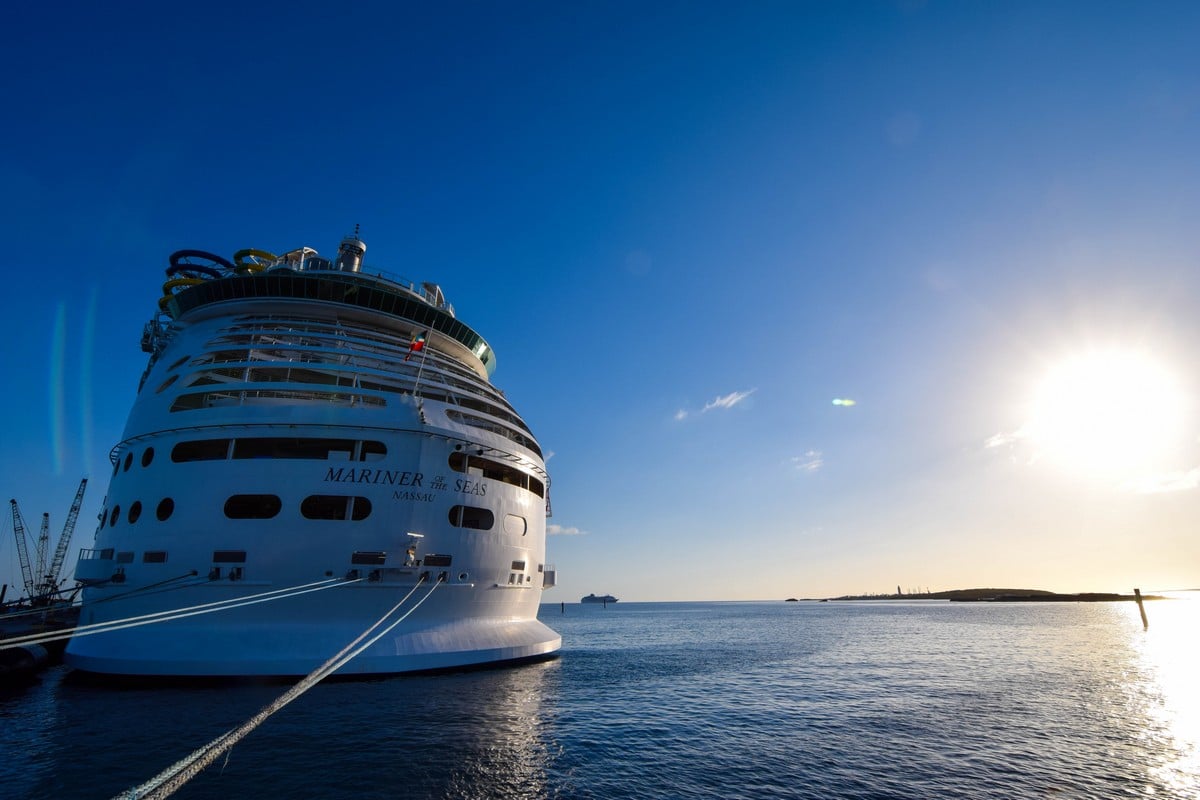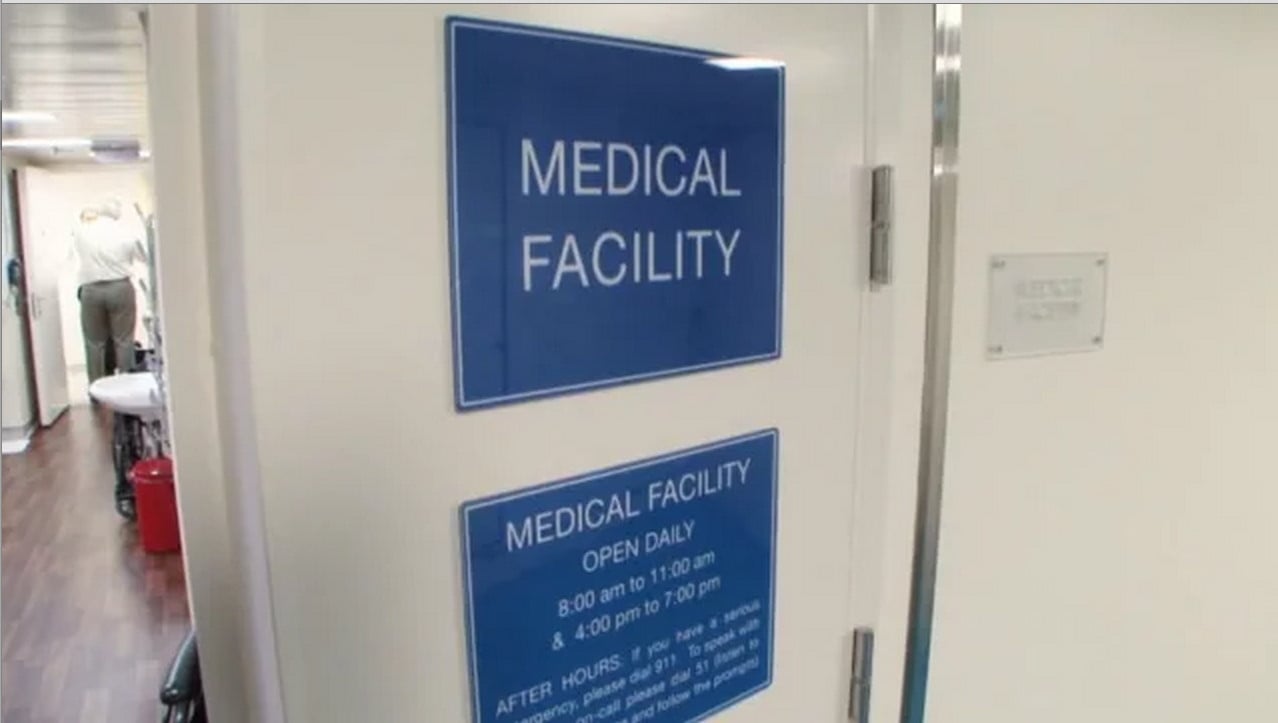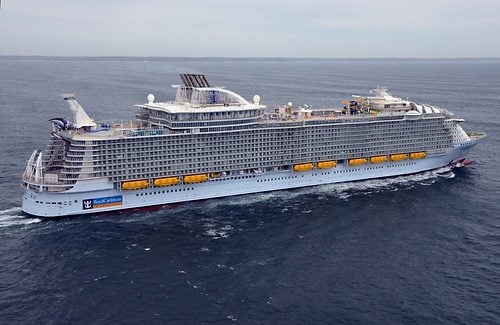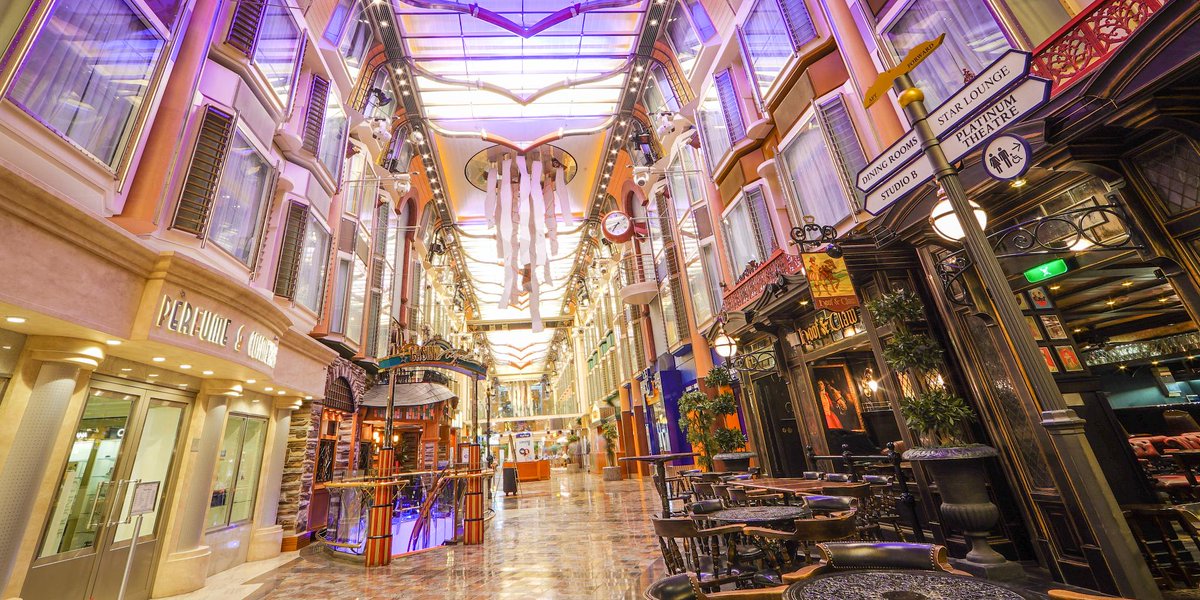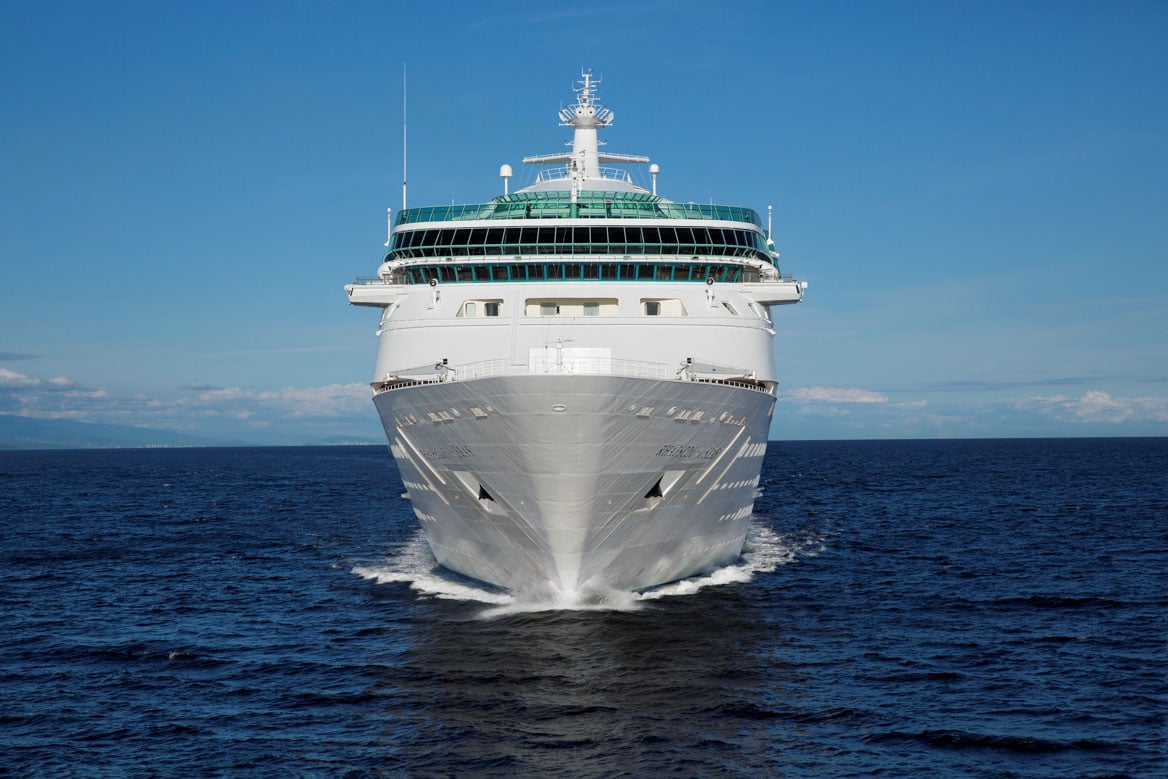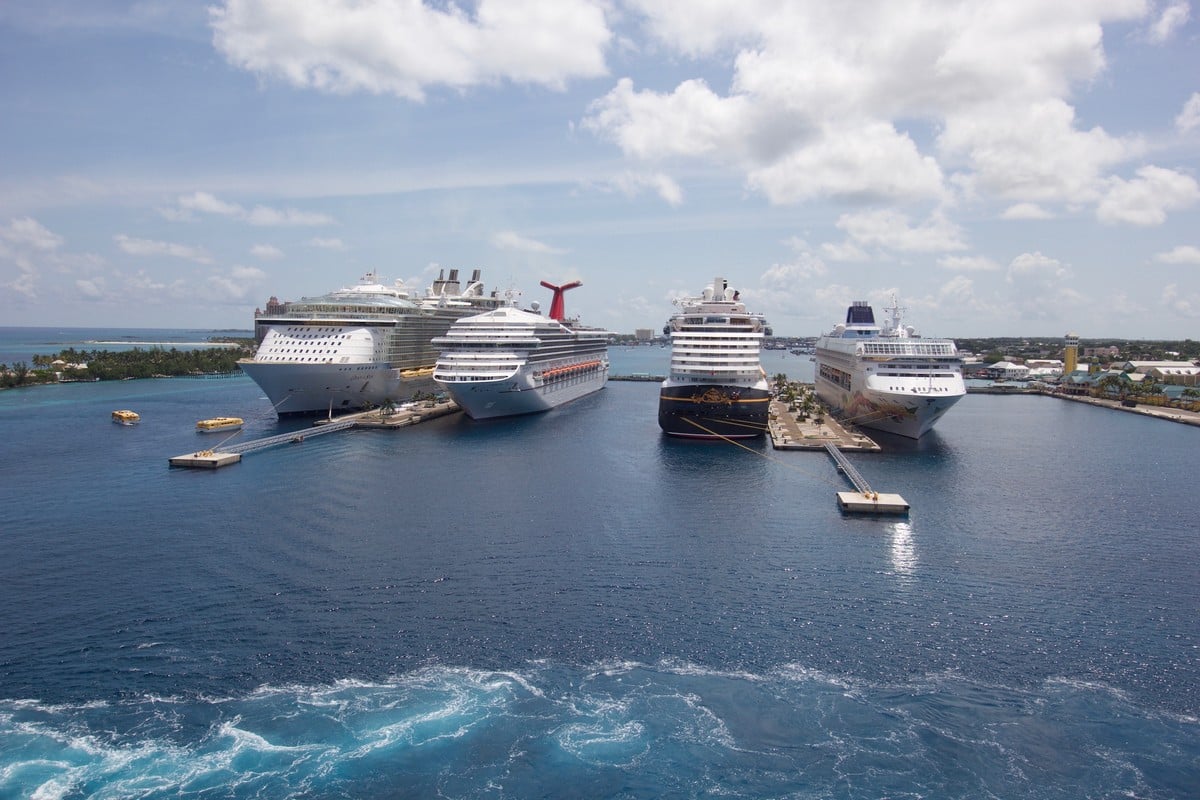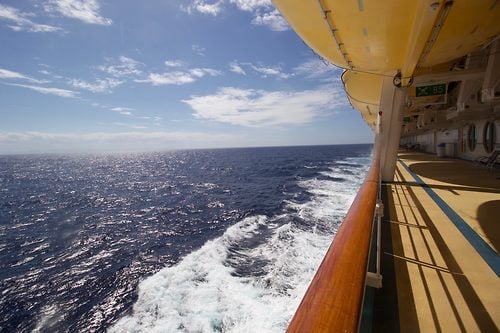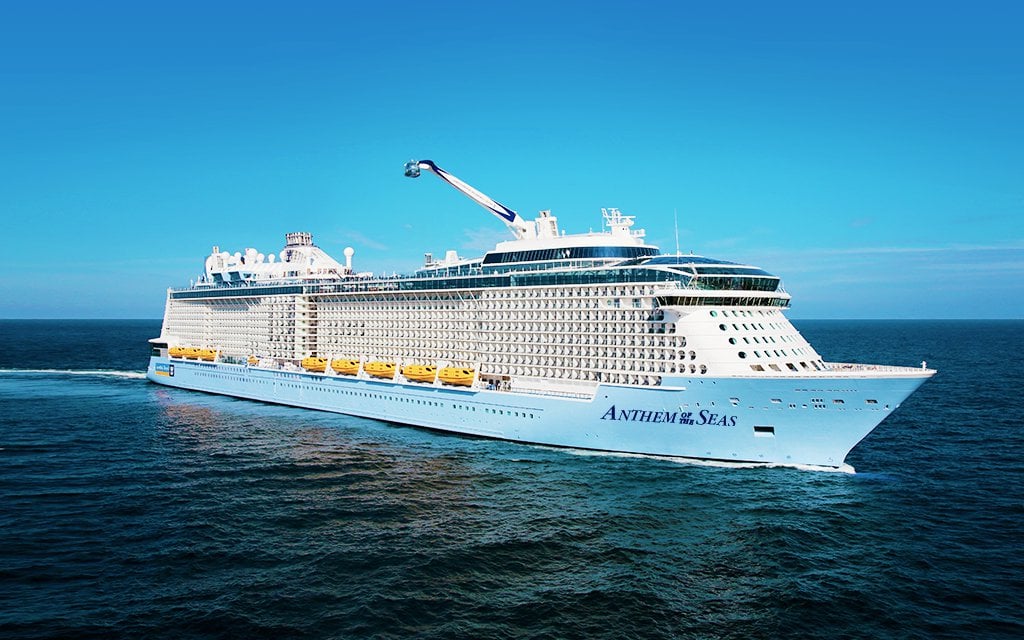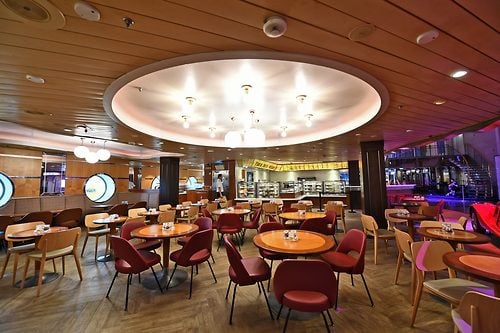How to protect yourself from getting sick on a cruise
In:Cruising is meant to be relaxing and rejuvenating, but nothing derails your vacation quicker than getting sick. No one wants to think about getting sick during their cruise, especially when you’ve spent your hard-earned money and time on a vacation.
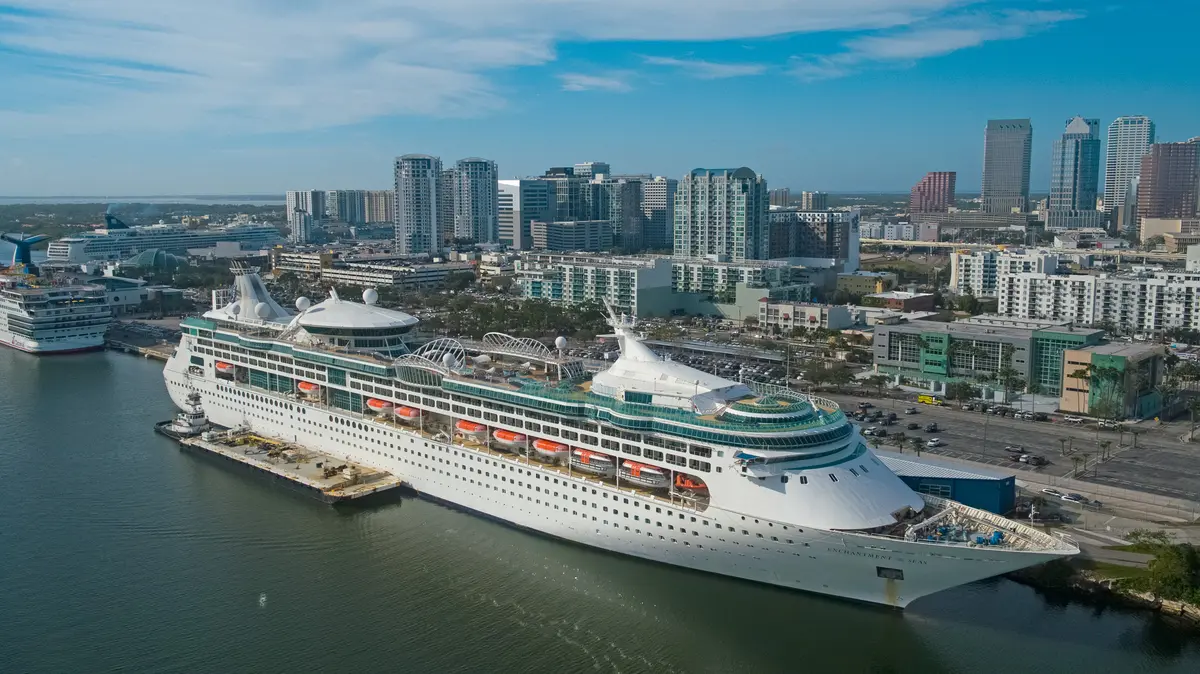
Unfortunately, you can still get sick while on traveling. In fact, some might argue that you are more likely to get sick while cruising because you can get run down and exposed to illnesses more easily.
Moreover, sickness seems to spread quickly on cruise ships due to close living quarters. With thousands of people traveling together continuously, cruise ships can become hotspots for germs, bacteria and illness. From the bustling buffets to your crowded shore excursion busses, there are endless opportunities for illness to spread during your cruise.
If you’re wanting to take extra precautions throughout your upcoming cruise, we’ve compiled a comprehensive guide to help you minimize your risk of getting sick. Here is how you can protect yourself from getting sick on a cruise to ensure you have a safe, fun and healthy vacation!
Wash your hands often
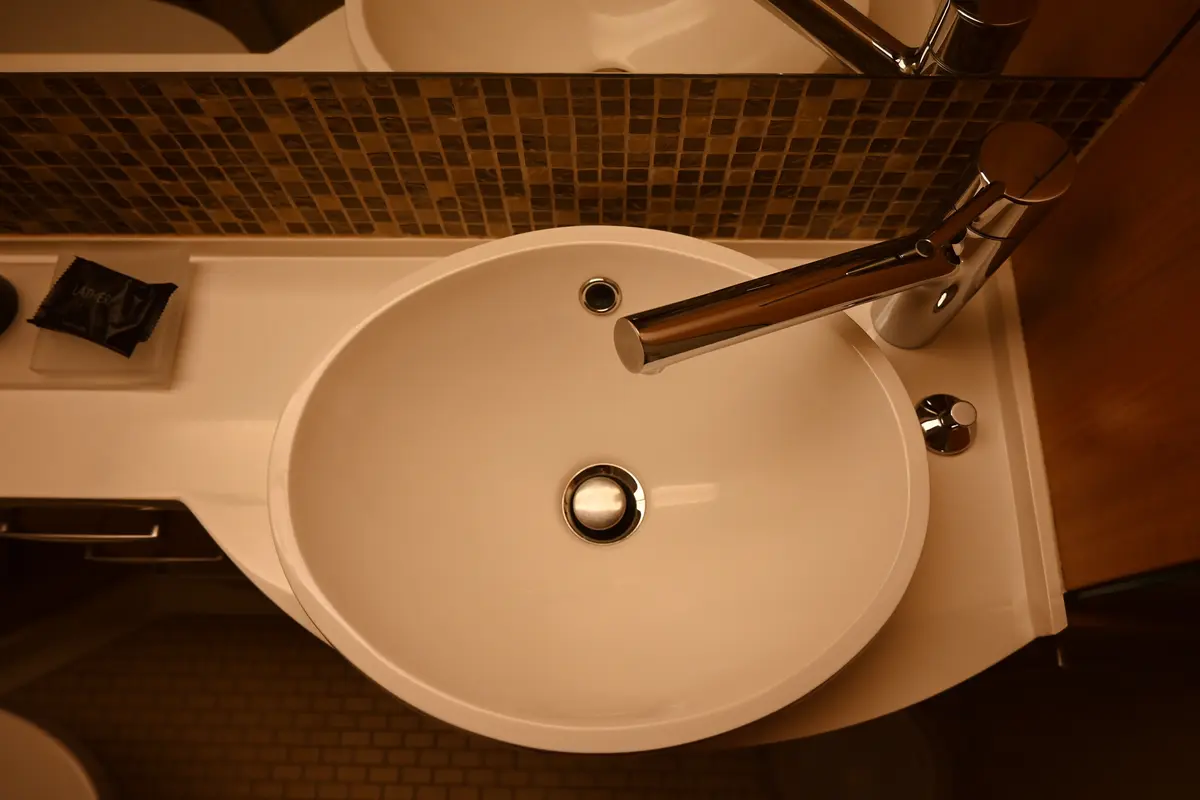
Washy washy! The best thing you can do on your cruise is wash your hands frequently and diligently with warm water and soap.
Most of Royal Caribbean’s newest ships have hand washing stations at the buffet entrance, making it easy to keep your hands clean while eating.
Germs can spread quickly when everyone is touching the buffet tongs and serving themselves. Of course, not everyone washes their hands as they should. I’ve seen people get offended by the crew member suggesting they wash their hands or sanitize before eating!
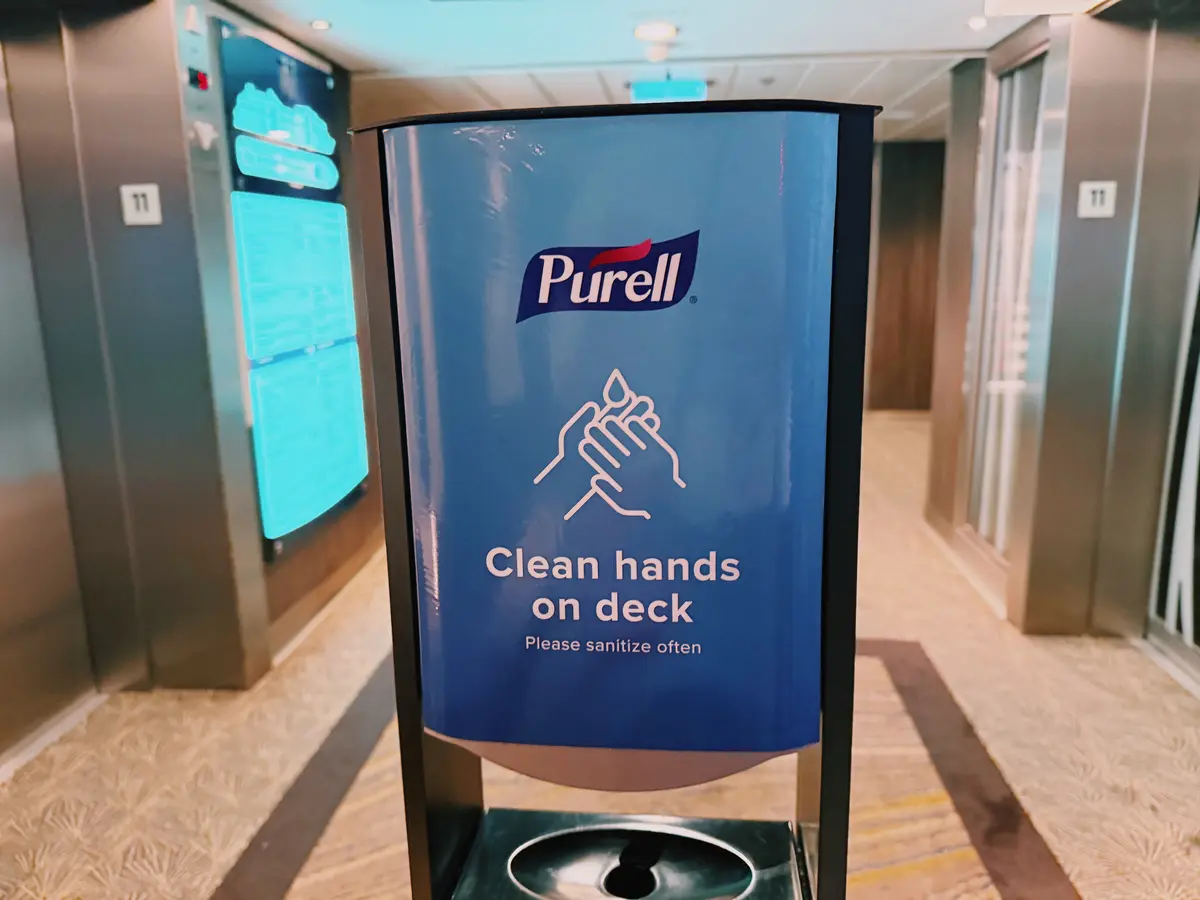
You should also wash your hands often throughout your time onboard, especially after using the bathroom. I prefer packing a bottle of liquid hand soap from the dollar store for the bathroom in my stateroom. I find it much easier to wash my hands thoroughly with liquid soap than with using the standard bar soap provided.
Don’t forget to rest
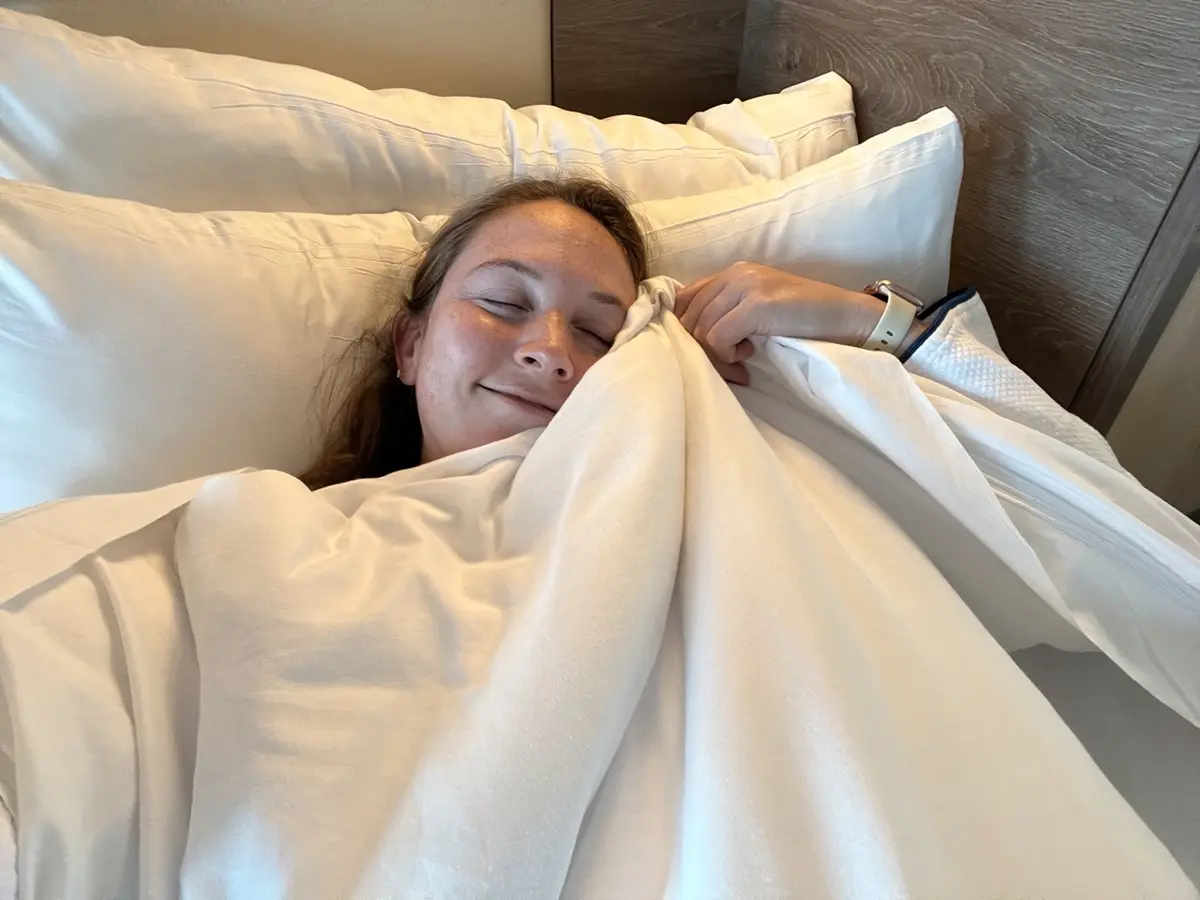
From exploring ports of call to afternoon trivia, evening entertainment and late-night deck parties, there are plenty of opportunities to be busy during your vacation. Not to mention, I find that I’m up earlier in the morning when cruising to optimize my limited time in port.
Surprisingly, it’s pretty easy to get run down while you’re cruising. This is especially true if you've flown a long distance and you're fighting jet lag. While it’s tempting to take full advantage of the non-stop fun, don’t underestimate the power of a good night’s sleep. Whether it’s squeezing in an afternoon nap, sleeping in on a sea day, or calling it an early night, giving your body time to recharge will help you feel your best and stay healthy throughout the trip.
Use hand sanitizer or wipes
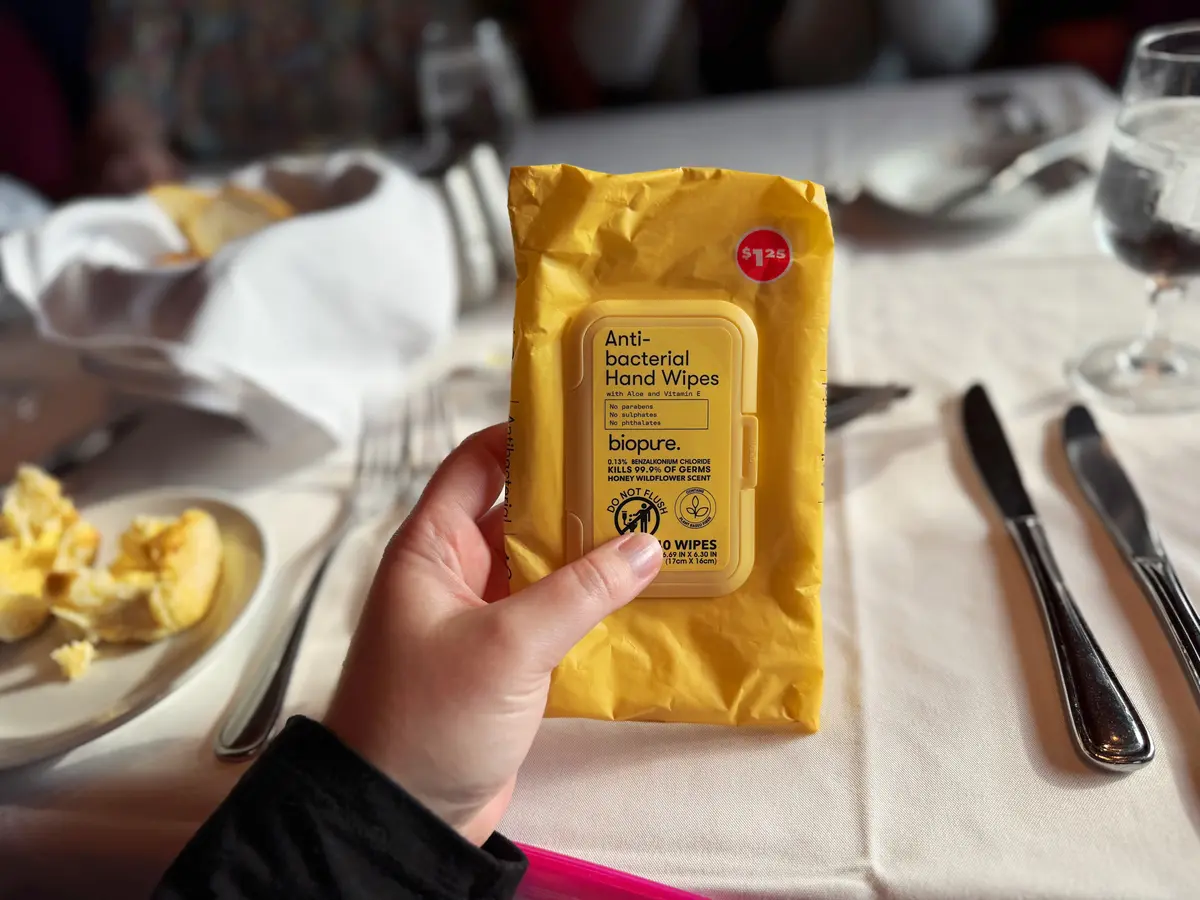
Germs are everywhere on a cruise ship! From the elevator buttons to the coffee machines and excursion busses, your hands are constantly touching germ-infested surfaces. For this reason, I never leave my cabin without hand sanitizer or wipes - and I am constantly using them to clean my hands when a sink is not available.
In addition, cruise ships usually have hand sanitizer stations available across the ship. Whether you’re entering the theatre for the headliner production show or grabbing a slice of pizza, you’ll find hand sanitizing stations pretty much everywhere. Take advantage of these as an extra layer of protection.
Bring over the counter medication
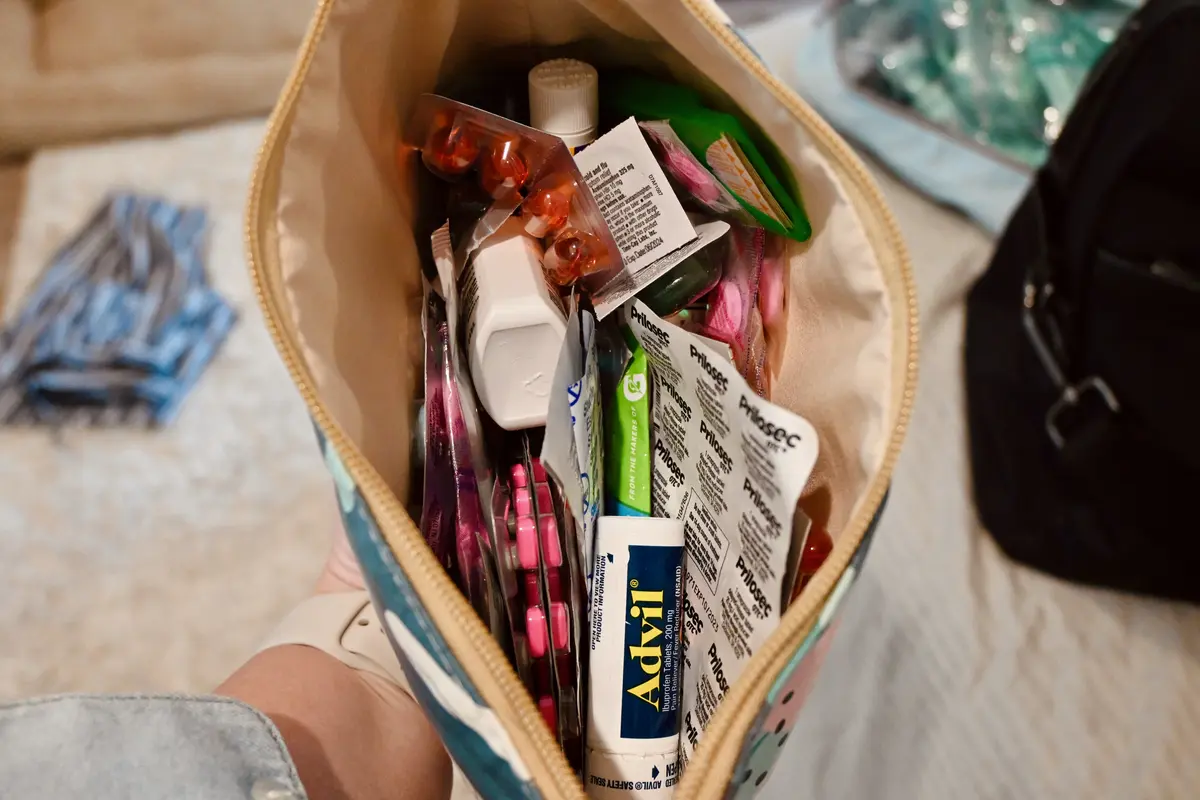
Medication onboard a cruise ship is absurdly expensive, even over-the-counter medication. The onboard store will have inflated prices for basic medication, and it can be painful to pay those high prices!
Instead of waiting until you’re sick, you should be proactive and pack a mini pharmacy for your cruise instead. I have a pre-packed pharmacy pouch with a variety of over-the-counter medication for all of my travels that I always take on my trips. At least once each cruise, I have to break open the mini pharmacy for some medication that I’ve packed.
I like to pack a small travel pharmacy with essentials like nighttime cold and flu medicine, allergy relief, seasickness tablets, stomach remedies, and a sleep aid - just in case. In addition, I always bring extra prescription medication in case I experience travel delays or unforeseen circumstances. You never know when you might get delayed returning home, and I wouldn’t want to be stuck without my daily prescription medication.
Limit sharing drinks and food
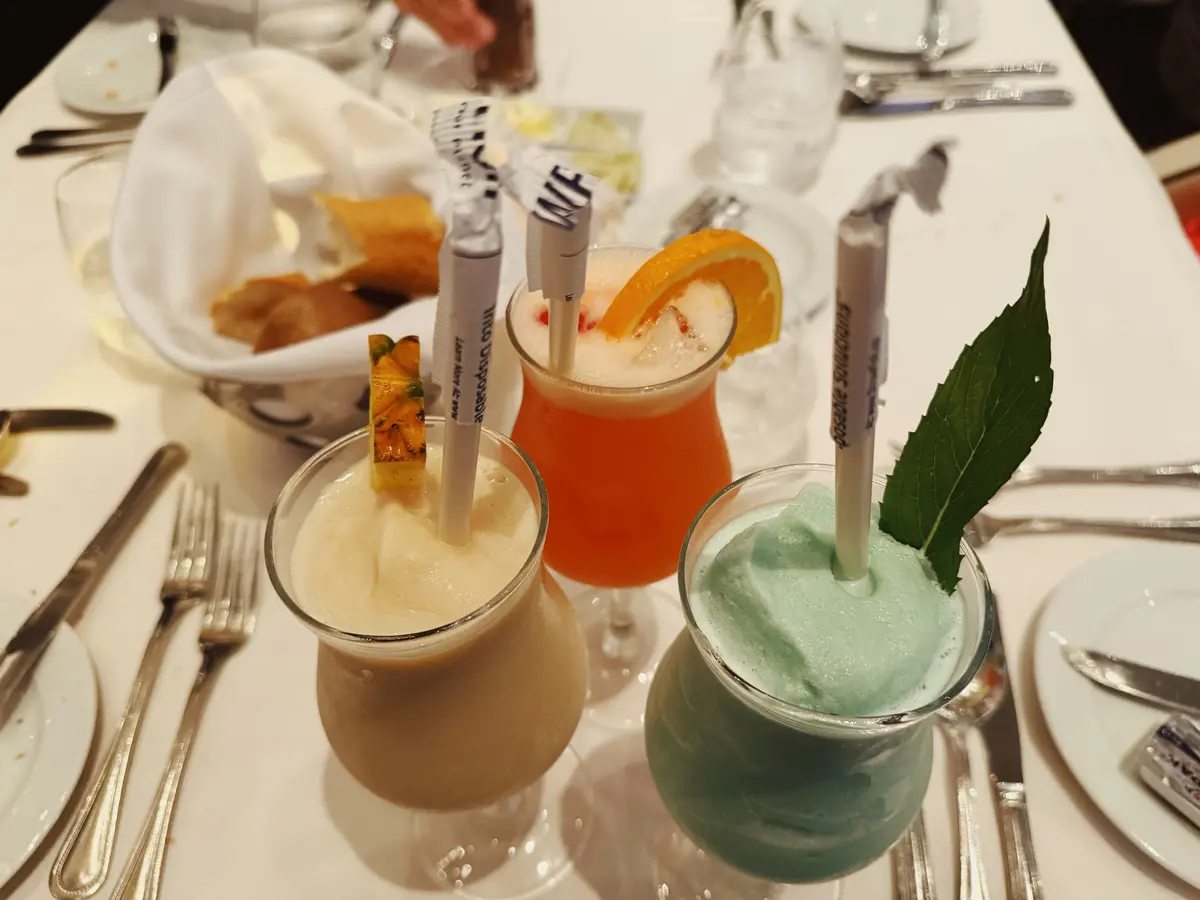
This one might be obvious, but it's important to remember. The amount of food available is endless on a cruise ship, so there shouldn’t be as much temptation to share your food or drinks. Even still, my family is notorious for taking sample bites of any entree, dessert or snack that looks appetizing.
Instead of sharing, just order your own to limit the spreading of germs. If you decide to share, make sure everyone uses a clean utensil and never share used utensils. It’s always best practice to not share drinks as well, considering you can be contagious before showing obvious illness symptoms.
Wear the proper sunblock
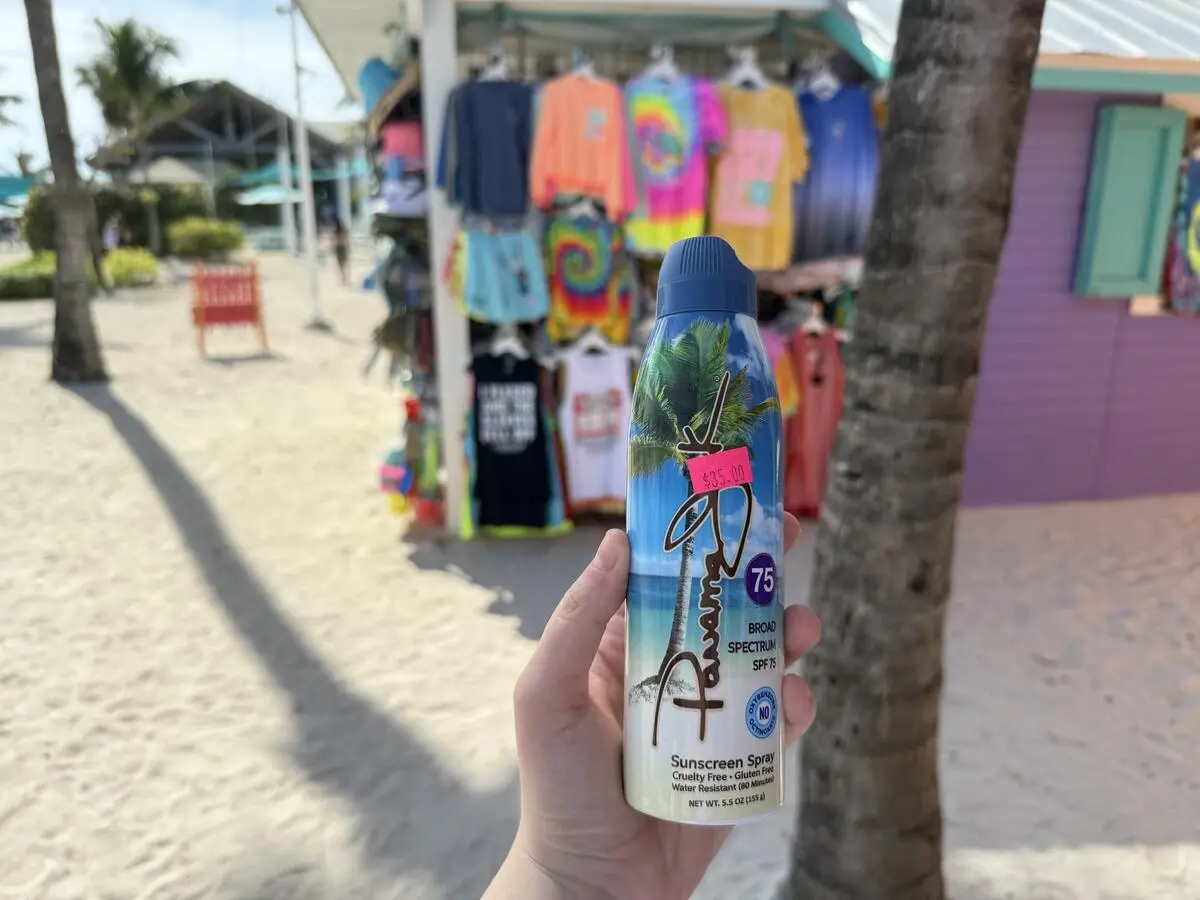
The quintessential cruise day is spent ashore on the beach or lounging in the sun on the pool deck. But, all of that time in the sun can be dangerous if you don’t take proper precautions. Getting sunburned on your cruise isn’t just uncomfortable and painful - it can also weaken your immune system. An especially gnarly sunburn can totally ruin your vacation, so be sure to pack sunscreen and apply generously.
It’s recommended to use SPF of 30 or more for the best protection in the sun. You should reapply often, particularly if you’re swimming. I prefer to pack a tinted moisturizer with SPF and wear a long-sleeve swimsuit for extra protection. I also love having a sunscreen stick for quick application on my face, neck and shoulders.
Immunity supplements
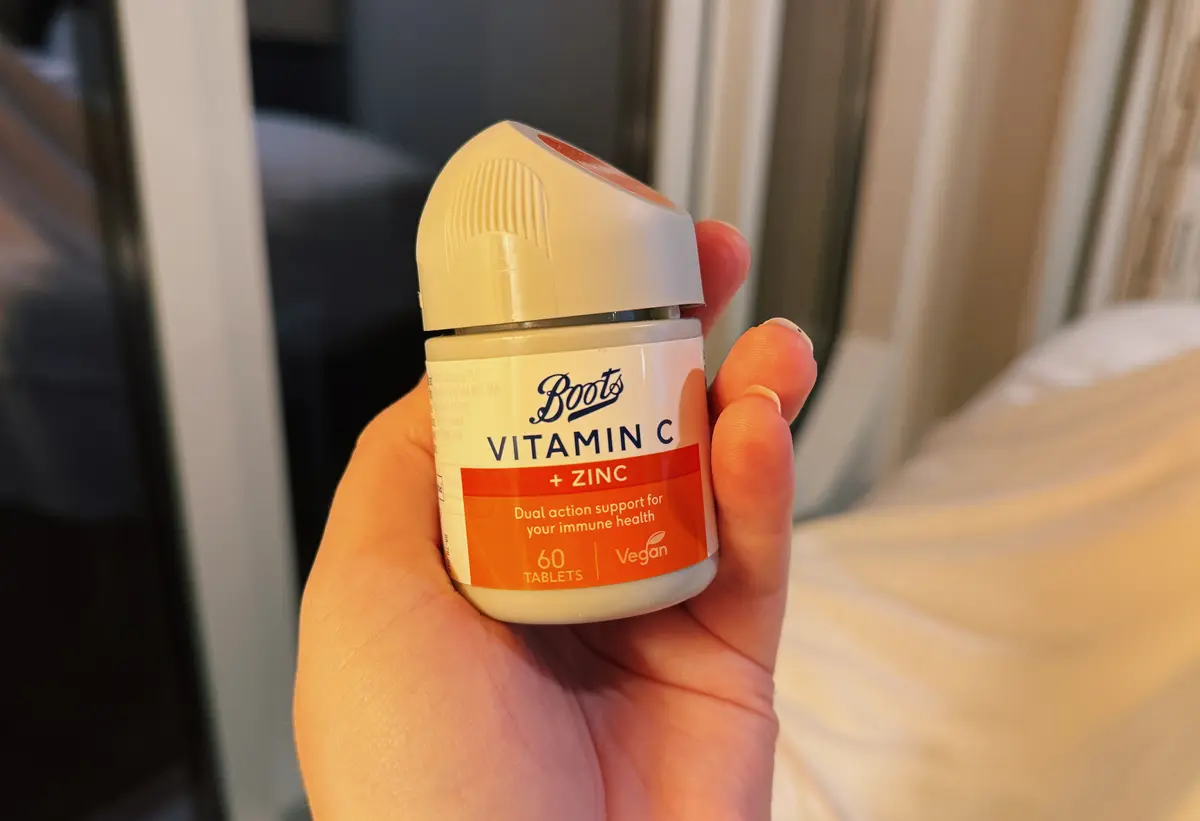
Another easy precaution to help your support your immune system is taking daily supplements for vitamin C and zinc. These can help contribute to keeping your immune system healthy while you’re traveling. Some studies show that vitamin C and zinc can also shorten the duration and severity of a cold, so they could be good to have on hand.
Whether you pack traditional supplements or bring along something like Emergen-C, it’s a simple precaution that could make a difference in staying healthy during your cruise.
Non-slip shoes for wet decks
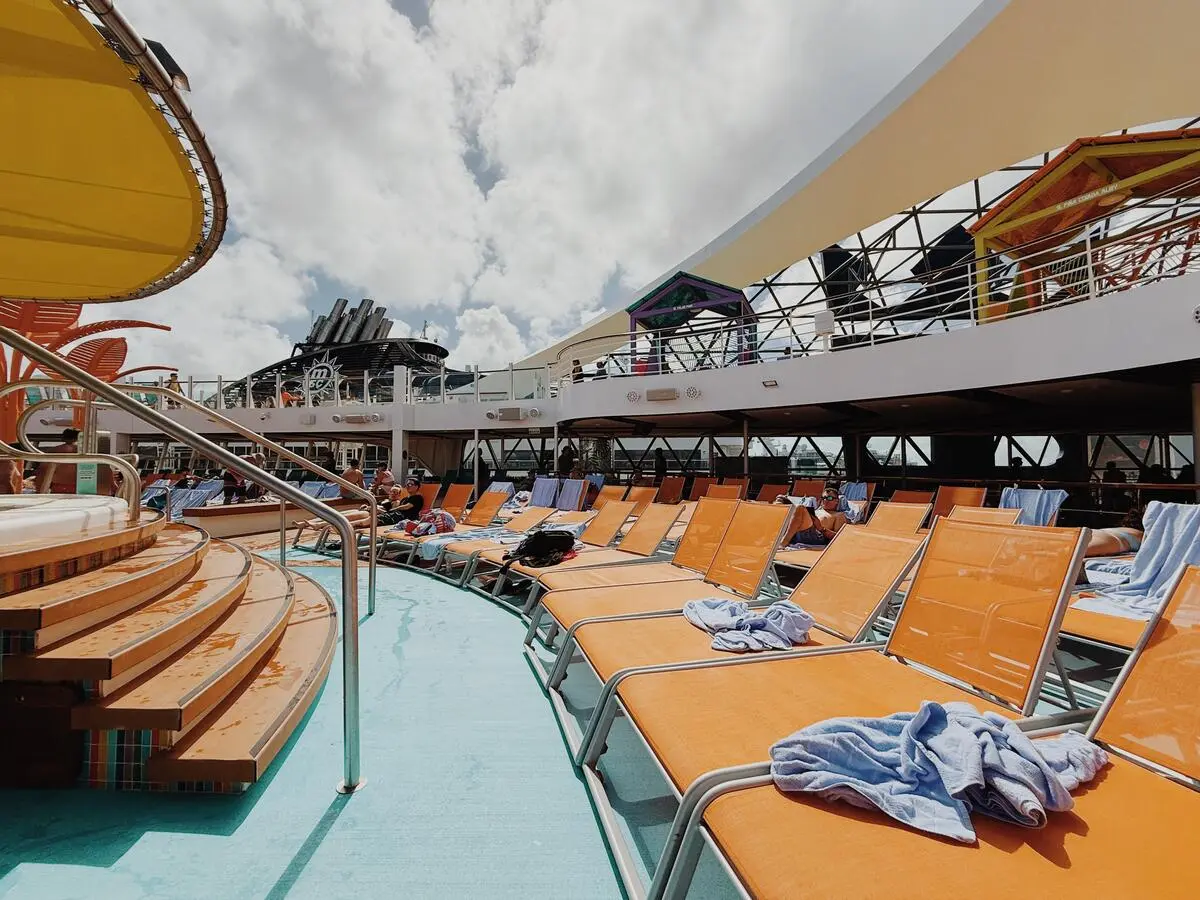
I learned this one the hard way! During my last cruise, I took a bad tumble in the adults-only Solarium with my flimsy sandals because the floor was wet. My tailbone was bruised for the next few days and my neck was sore from the impact.
Cruise ship decks are notoriously slippery near the pool deck. Be sure to prevent these injuries by wearing non-slip shoes for the wet decks. Walk slowly near the pool and keep your eyes out for warning signs when the floor is wet.
Skip the buffet
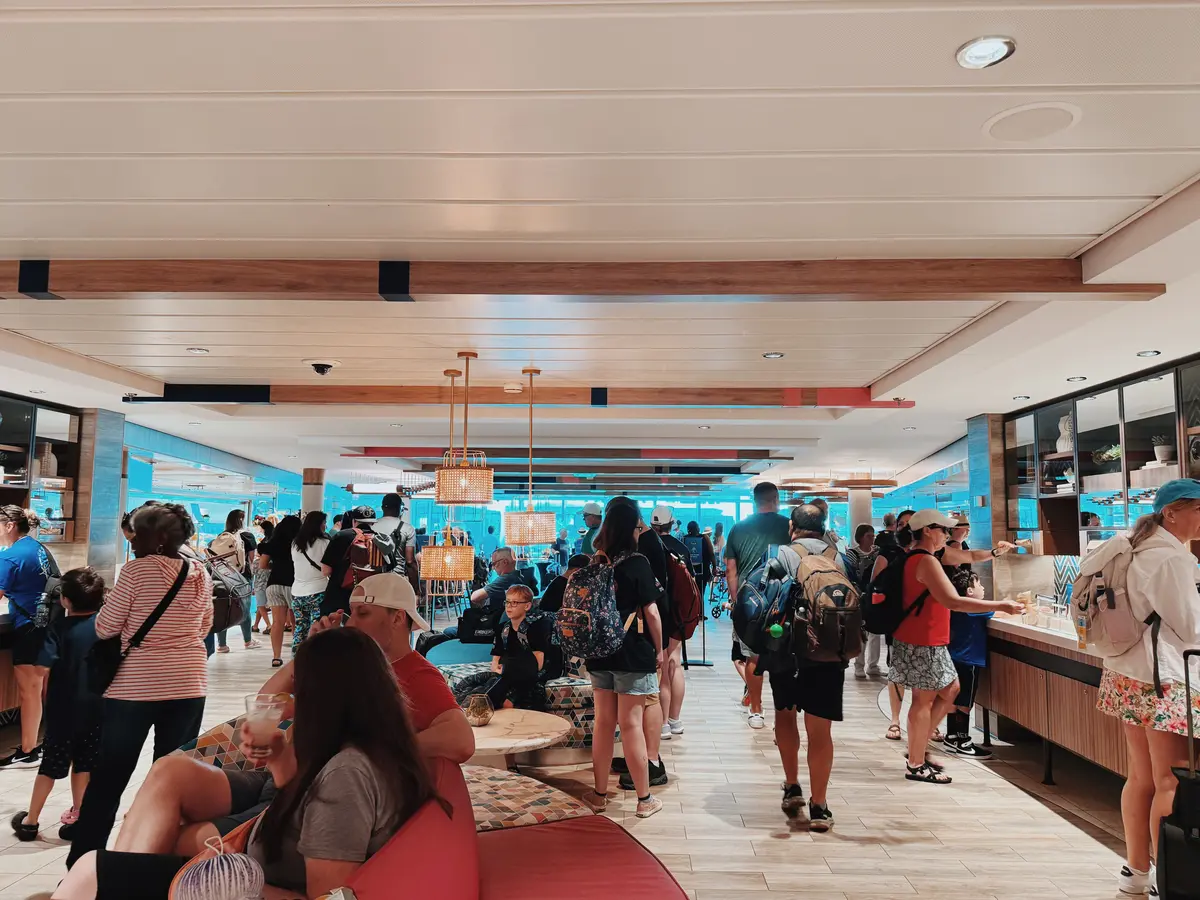
One of the biggest breeding grounds for bacteria and germs can be found at the cruise ship buffet. With thousands of passengers dining in the same vicinity and using the same tongs, germs can spread easily and quickly.
Buffets are standard on most cruise ships, but they are also prime zones for cross-contamination. Some people also refuse to wash their hands or sanitize before touching the different tongs. I’ve even seen people refuse to use tongs and touch the food with their bare hands - gross!
If you want to play it extra safe, consider using other dining venues where you have a sit-down meal instead of self-serve. In addition, you can also consider splurging on specialty dining for a more intimate dining experience and fewer crowds, which means less exposure to potentially sick guests.
Stay hydrated
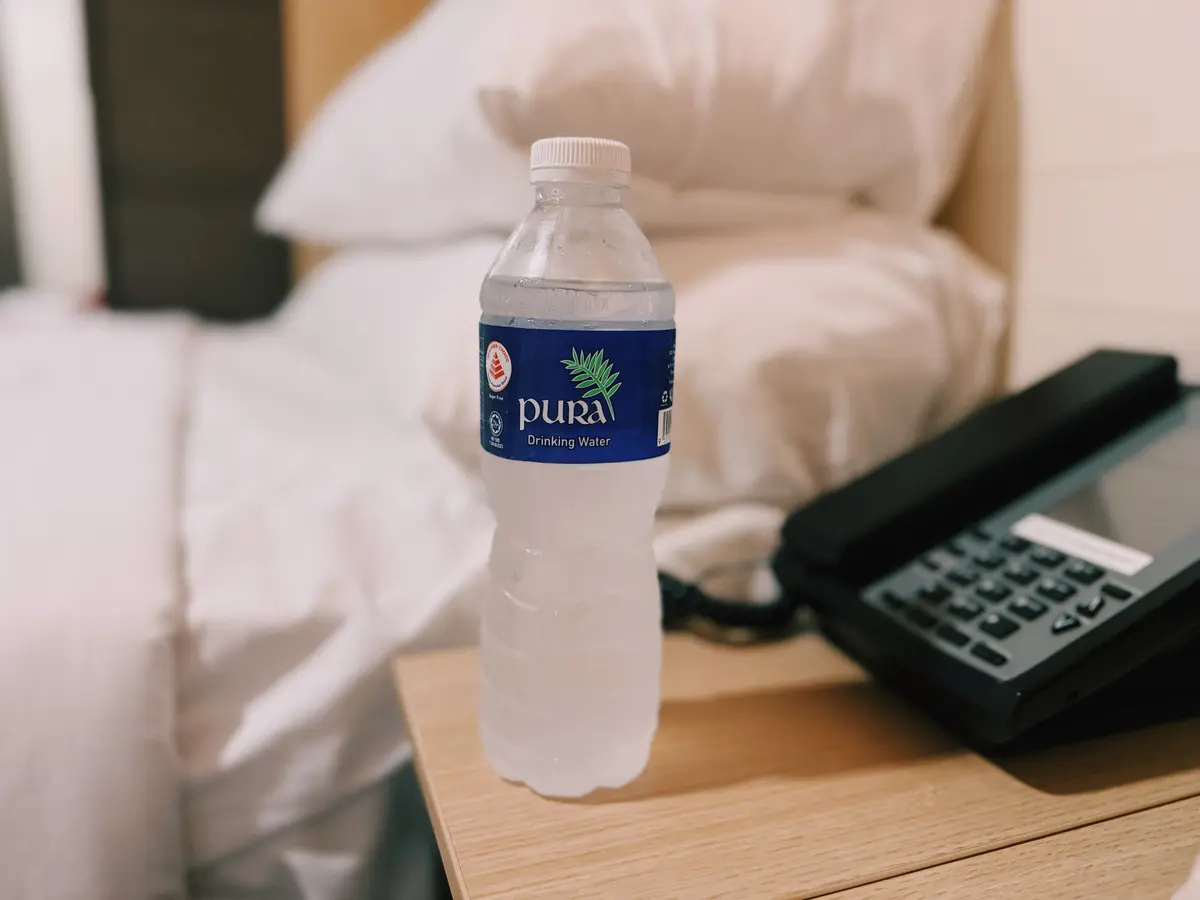
Cocktails on the pool deck and lounging in the hot sun can quickly lead to dehydration during your cruise. Combine that with the salty foods often served onboard, and you may find yourself needing to drink more water than usual to stay properly hydrated.
It’s important to stay hydrated during your cruise to keep your immune system healthy. I always pack a reusable bottle of water to use in my cabin for easy access to water. In addition, I like to bring hydration packets to add to my bottled water for added electrolytes. I rely on these heavily while traveling and cruising! Personally, I prefer the sugar free Propel or Gatorade hydration packets, but LiquidIV is also a popular choice.
Stay up to date on vaccinations
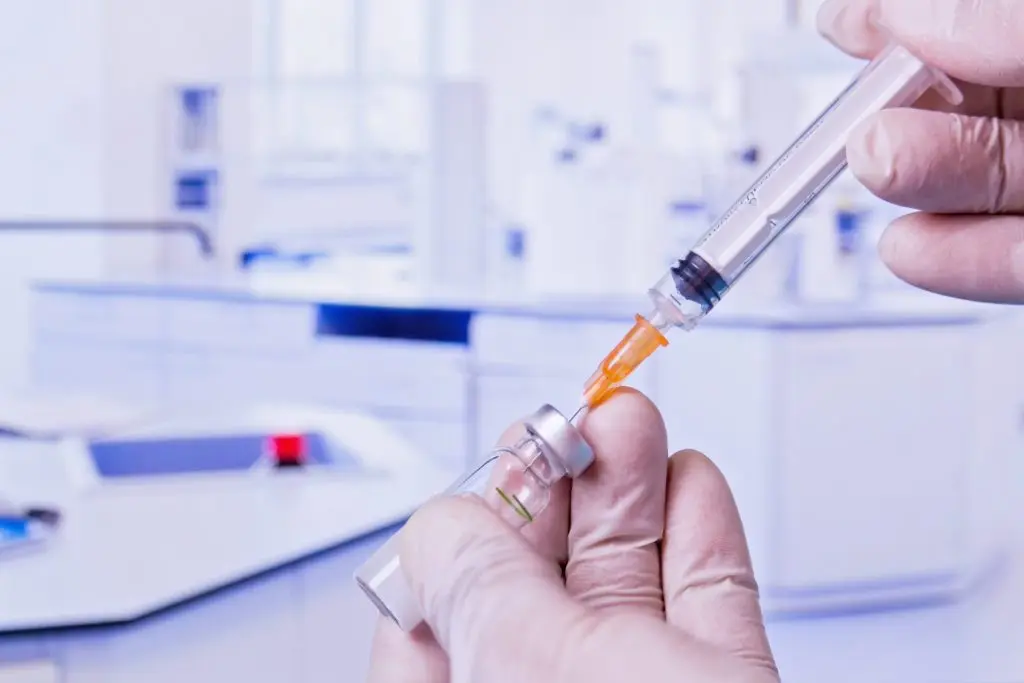
Before setting sail on your vacation, you should also consult with your doctor to ensure you’re up to date on any routine vaccinations that may be recommended for travel. Every year, I make sure to receive my annual flu shots, along with any other vaccines or boosters that I might need.
If you’re visiting more off-the-beaten-path destinations on your cruise, you might need other vaccinations to stay healthy. This could include yellow fever, typhoid or Hepatitis A. Before cruising to Africa last year, I made sure to visit my doctor and ask about any specific vaccinations I might need. Some destinations might even require proof of vaccination for certain shots, so you will want to confirm your destinations' requirements.
Prepare for bugs

If you’re planning to visit warm, humid climates during your cruise, you should consider packing insect repellent to keep mosquitos away. Mosquitos are more than a nuisance, as they can actually carry dangerous illnesses like Zika or dengue fever. This would be one quick way to ruin your vacation!
Consider whether you’ll be exploring buggy areas during your cruise and plan accordingly. When I’m cruising to destinations where mosquitoes are more common, like my recent cruises to Africa or Bali last year, I make sure to pack a small bottle of insect repellent with DEET. Be sure to pack lightweight clothes and plan for buggy areas.
Practice Safe Food Habits

Trying local food during your cruise is one of the best ways to immerse yourself in the culture. For some foodies, this is a huge highlight of their cruise. However, you should be cautious when trying food or drinks during your time ashore to prevent food borne illness.
It's recommended to avoid raw and undercooked meats and stick to bottled water if you’re not sure about the local water quality. Also, use your best judgement to eat from street vendors. I typically avoid street food for this reason and rely on the food served onboard the ship instead.
Avoid touching your face
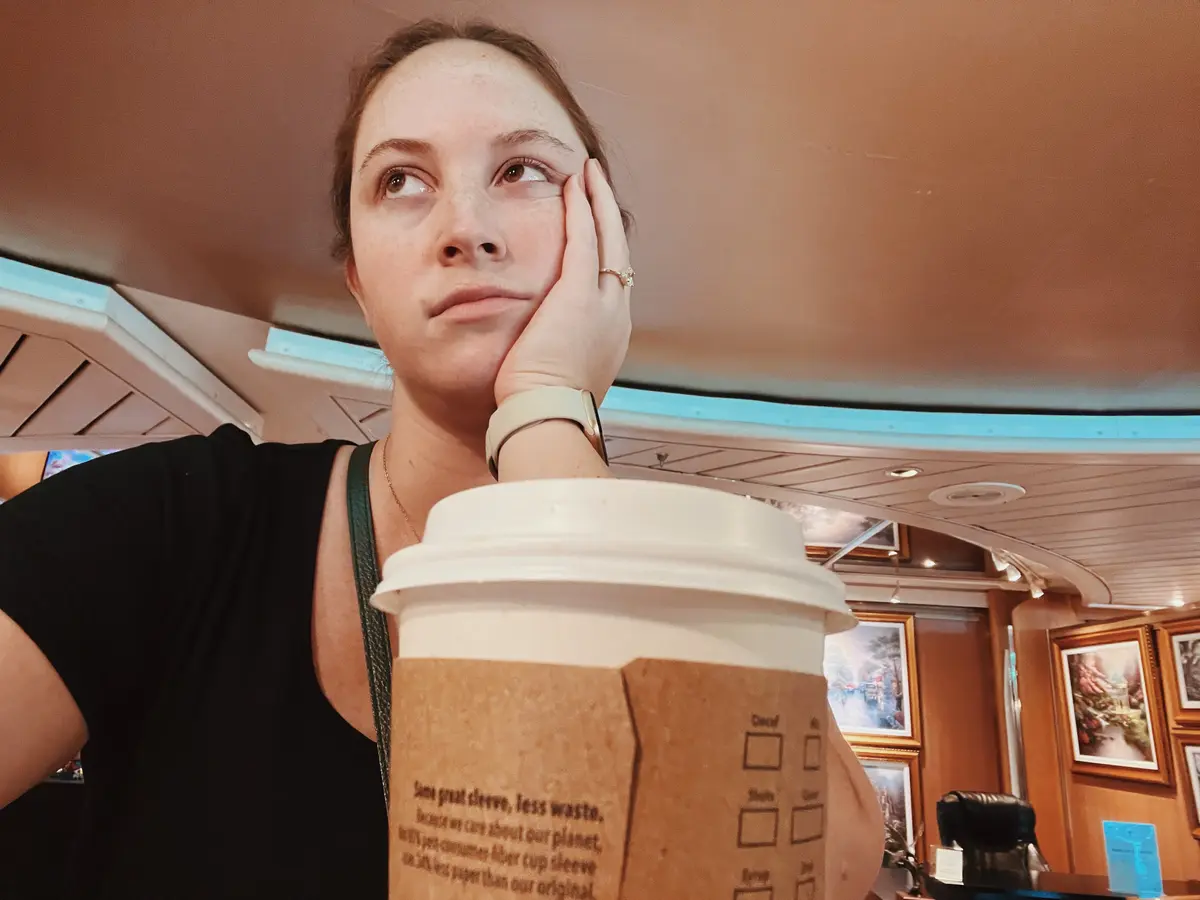
This one is easier said than done, but if you can avoid touching your face, this is a small habit that can make a big difference during your cruise. Touching your face can significantly increase the risk of infection for flu and cold viruses.
Make a conscious effort to not touch your face whenever possible while cruising and traveling. This also includes not touching your eyes, nose and mouth. In addition, avoid biting your nails unless you’ve washed your hands.
Seek medication attention when needed
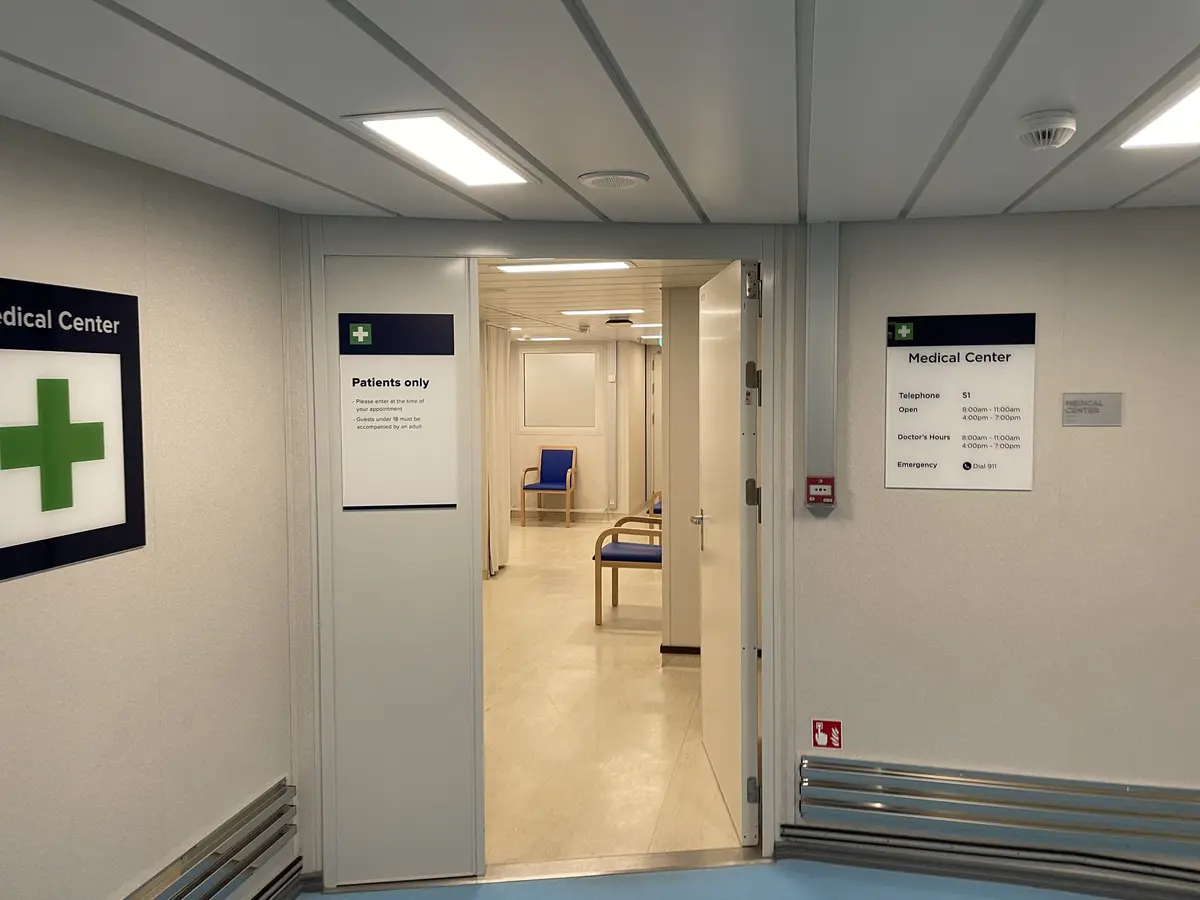
Cruise ships are staffed with medical staff and have modern medical facilities capable of handling a wide range of illnesses and emergencies. However, there are plenty of horror stories of passengers being billed tens of thousands of dollars after visiting the medical center during their cruise.
Because of this, people are hesitant to visit the shipboard doctor when they might need to. Not to mention, people are often worried they might get quarantined during their vacation. These are valid concerns, but you should always seek medical attention when you think you need it. Your health should always come first.
By visiting the doctor, you might be able to get some medical advice or medication to get you on the mend so you can enjoy the most of your vacation. If you wait too long and your health deteriorates, you could really ruin your cruise and rack up an even bigger bill.
Have travel insurance
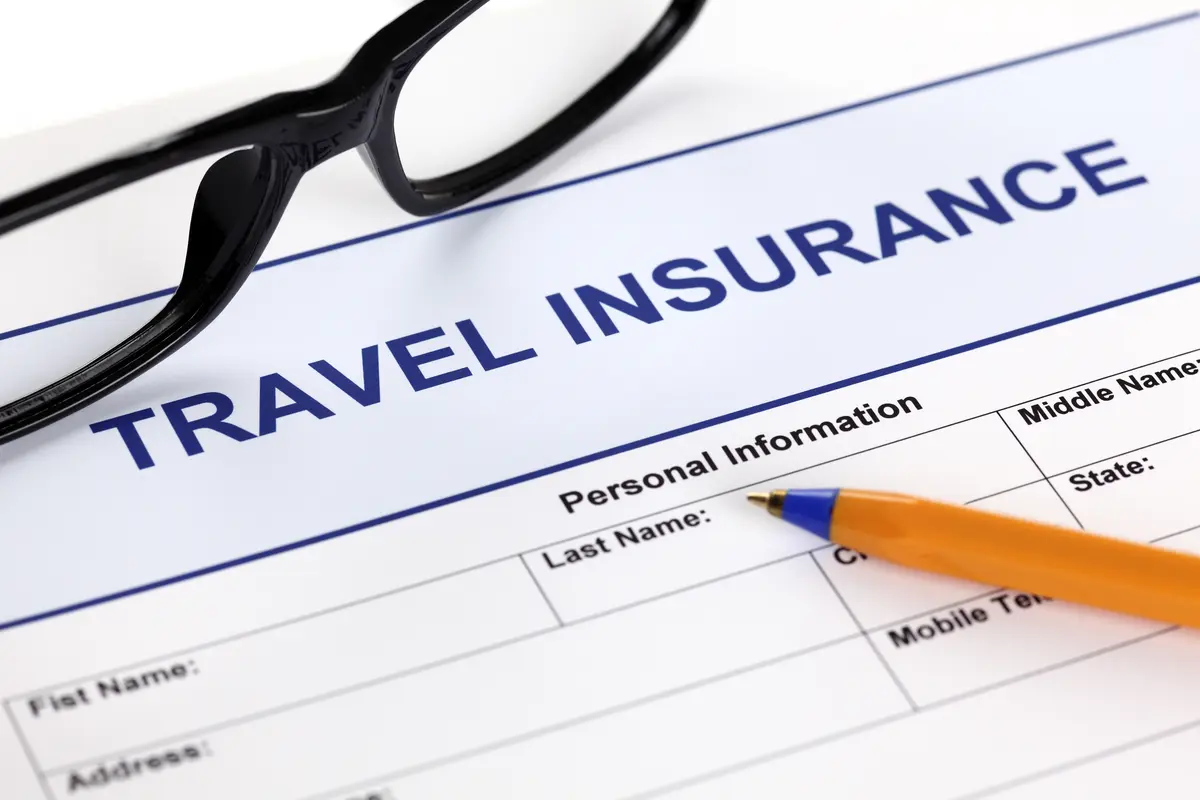
In the way of medical emergencies, it’s also a good idea to have travel insurance for additional coverage during your cruise. Whether you receive coverage through your credit card or you purchase a policy, having travel insurance can give you access to medical care while traveling. This can also reduce stress knowing you are covered in an unforeseen circumstance.
In addition, you are more likely to seek medical care when you have travel insurance coverage. For instance, my dad recently pulled a rib muscle during our cruise. Because he has an annual travel insurance policy, he didn’t hesitate to head down to the medical center on our ship to be seen by the doctor.
He received a prescription medication to help with inflammation and X-rays for diagnosis. The entire visit was $500, but it was all covered by his travel insurance. The medication alleviated his pain quickly and he was on the mend quicker than suffering longer with pain.


